What Does It Mean When a Horse Paws the Ground (Find Out Before It Turns into Kicking)
Dec 21, 2024 | Super Equestrian
Horses are studly, powerful and often very calm. But sometimes, even they get restless. That's when you hear it - a rhythmic tapping, a hoof beating a steady tattoo against the ground.
This hoof doesn't tap without reason. It's a message, loud and clear. Maybe it's impatience, a hoof drumming a demand for action. Like a fighter tapping his foot before a big bout, the horse wants something, and he wants it now. Frustration too can make a hoof beat a tattoo. Stuck in a dull stall, looking for wide-open spaces, the horse speaks his discontent with every rhythmic thud.
But the hoof can speak other languages too. Excitement, bubbling over like a pot about to boil, can find its voice in a pawing foot. It's the anticipation of a ride, the thrill of a challenge, a message that says, “Let's go!”
Discomfort has a hoofbeat of its own. Boredom, a slow, steady tap that says, "This isn't enough." Pain, a sharper, more insistent rhythm, a plea for help from a creature who can't speak with words.
So, the next time you see your horse pawing the ground, let's try to understand what it's trying to say.
Why is your horse pawing all of a sudden?
Horses usually do things for a specific reason. They do not think deeply before doing something or do things just to become annoying to others. Pawing is basically one kind of movement of horses where they slightly raise one of their front legs and move in a digging motion. Horses often paw the ground when they feel stressed or want attention.
- Curiosity: If you bring your horse to such a place that seems unfamiliar to it, then it may paw to explore the surroundings.
- Thirst: Most of you may observe horses have a tendency to paw at the icy ground. Why might a horse do such an activity? This is just because when horses feel thirsty, they want to break the ice by pawing at the ground.
- Excitement: When horses want to explore forage under snow, they paw at the snow with excitement. When they eagerly wait for something like a treat, they become excited and start pawing.
- Comfort: Horses have a tendency to lie down in a smooth and comfortable place. So, they dig the area by pawing before lying down there, which makes the soil soften.
Can pawing indicate a health issue?
Certain physical abnormalities are closely related to such behavior. If your horse is not feeling good, they want to express their illness through pawing.
- Colic or gastric ulcers: Sometimes horses experience abdominal pain which is due to gastrointestinal or digestive issues like gas buildup in their stomach. So, they paw at the ground. It might be due to colic. However, there are some other behaviors or activities closely related to this type of abdominal pain. They often kick their belly, don't want to eat at all, and feel trouble while passing their stools.
- Orthopedic pain: Sometimes horses feel stiffness in their leg joints and can not move the legs freely due to pain and muscle ache. Mostly after a heavy training session, they experience orthopedic issues. At that moment, they walk in a digging motion to relieve the pain and stiffness in their legs.
How do mental stresses cause horses to paw?
Mental stress most often leads to behavioral problems. Since horses can not talk and express their feelings like human beings, they use body language or do unusual activities to make you understand that they are not mentally okay.
- Frustration: When horses feel restless and want to move, they paw the ground.
- Anxiety: They paw at the ground if you do not provide their meals at the exact time. If their feeding clock is irregular or delayed than the usual time, they become anxious.
- Nervousness or fear: Some horses feel very uneasy or scared around unfamiliar horses and start pawing to express their nervousness.
- Excess energy: Horses have a natural tendency to graze, play, roam, and explore the surroundings. But if you keep your horse in a confined or close environment without adequate exercise, excess amounts of energy become loaded in their body. To release the overloaded energy they paw continuously.
- Boredom: When they wait for their food or feel bored, they start pawing. Similarly, when a horse becomes confined to their stalls they feel so bored and want to overcome their boredom through pawing.
Why do horses stomp their feet?
Stomping is basically pawing at the ground heavily with more speed. It is another way to express their impatience when any insect places over their skin and irritates them. Sometimes they do it to relieve their stress. So, if you see your horse stomping, check whether any insect is bothering it or not. Then apply a good quality fly spray to remove the insect or fly from your horse's body. So, if your horse uses any unusual body language or expression, you should try to understand the actual causes of their behavior. Sometimes, you may see your horse paw suddenly which it never did before, there may obviously be some reasons behind such activity.
How can you stop your horse from pawing?
Before searching for a solution, you must understand the actual causes of their pawing because it does not always indicate abnormal things. When any behavior becomes intense or repeated again and again, it's not considered normal. Then, you should find out the root cause of such behavior.
- Use a reward-based training approach: You can apply such training approaches that become enjoyable to your horse. In such training, they will get rewarded in response to their good behavior. If your horse has a habit of excessive pawing without any special reason, they will definitely stop this behavior if you give it a treat in a condition showing positive and good behavior.
- Have patience: You have to keep patience while teaching your horse any positive behavior because it takes time to acquire any habit. You have to keep your horse practicing regularly to avoid any unpleasant activity.
- Observe the leg condition: To identify the root causes of their pawing first check whether their leg condition is good or not. If it is okay, you should check whether they have any digestive issues or mental problems.
- Remove disturbances from the surroundings: Horses' behavior is directly related to the environment where they live and the care they receive. Try to keep their living space clean and remove the insects or flies that may disturb your horse.
- Ignore them in certain cases: If they paw continuously to seek your attention and take it as fun, then ignore them.
- Call a veterinarian: If you find your horse suddenly starts pawing without any reason, then it might be due to a gastric ulcer or colic. In such cases, you should immediately consult a veterinarian to understand the actual causes of their pawing and ensure proper treatment.
- Special Tip: Feed your horse more often and give them more exercise. While feeding or untying your horse, train them in such a way that they remain calm and obey your instructions. Never give them food at the time of pawing. And don't forget to use thick rubber mats in their stalls so that they can not paw their legs at the ground.
Concluding thoughts
If pawing becomes a repetitive behavior of your horse, it is truly a thing of concern. You have to take the necessary measures to address this behavior. Sometimes, horse owners, especially those who are new in this equine world, get worried without knowing the actual causes. That is, what their horses are trying to express through pawing. As you can not differentiate the positive and negative signals from the pawing of your horse, you should read this discussion with full concentration.
Here we have tried to explain why horses paw and how to stop this as it's not good for their health. If you find our conversation helpful, please share it with others who can not differentiate the purposeful and non-purposeful pawing of their horses. And if you have any queries, leave a comment below.
Recent Blogs
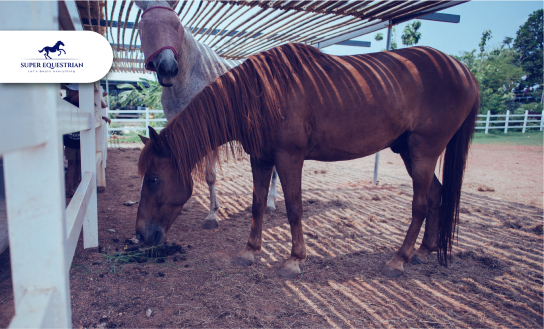
Common Equine Diseases and How ...
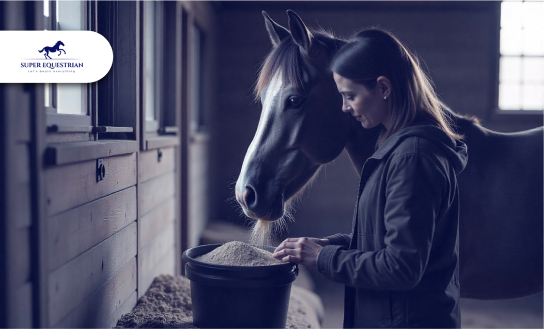
Equine Health Supplements: What Every ...
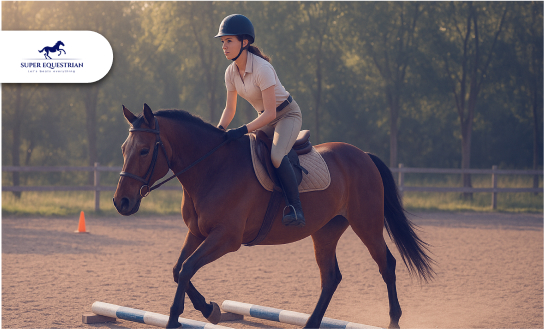
Jumping Basics: How to Prepare ...
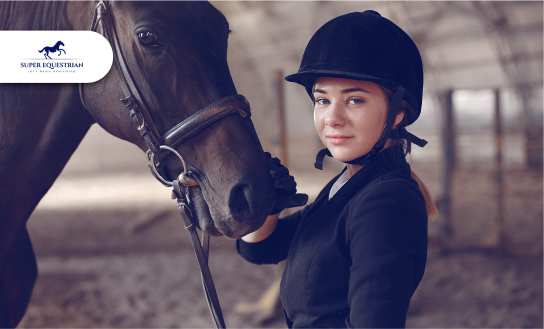
Essential Horse Riding Gear for ...
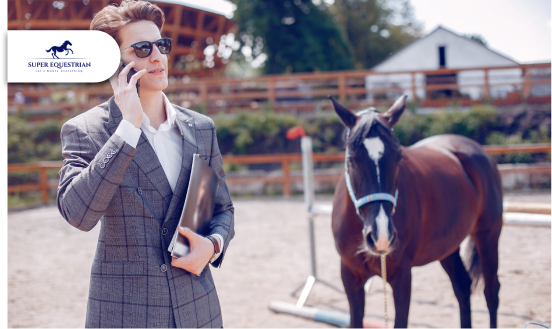
How to Balance Work, Life, ...

How to Balance Work, Life, ...
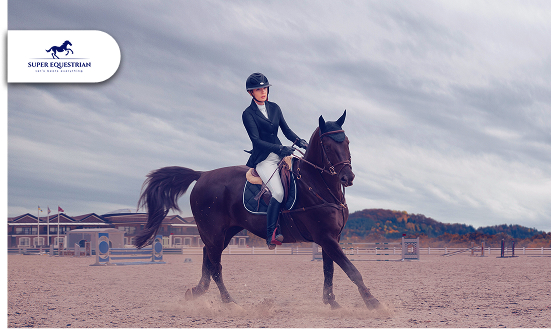
Top 5 Exercises to Improve ...
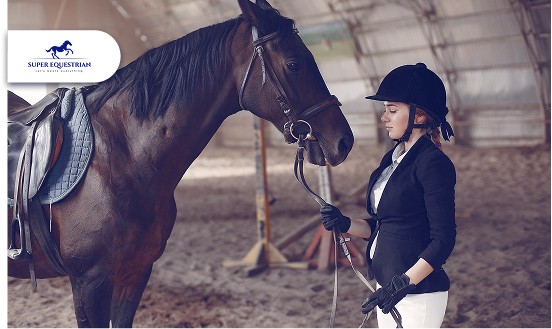
How to Build Confidence as ...
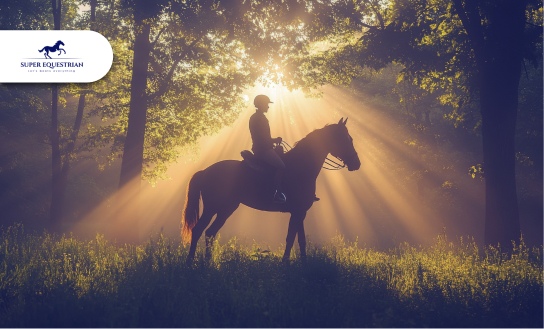
Spotlight on Equestrian Legends: Riders ...
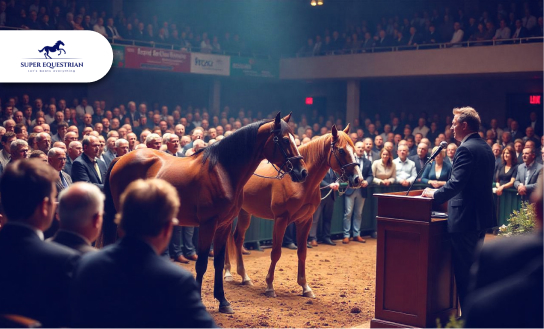
Horse Auctions and Sales...

Top Horse Friendly Travel Destinations ...

How to Build Stronger Bonds ...

Upcoming Horse Shows and Competitions ...
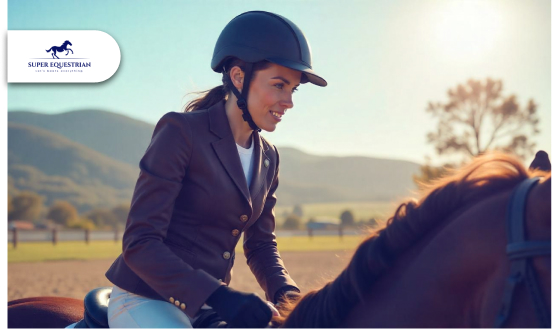
MIPS Equestrian Helmet The Future ...
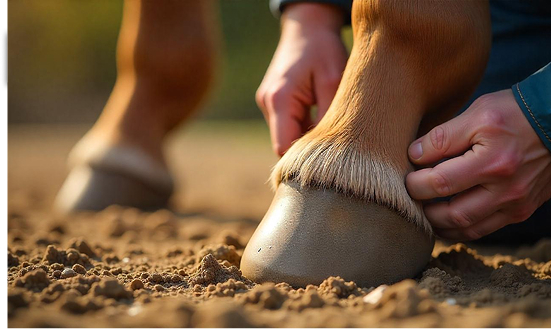
How to Recognize and Treat ...
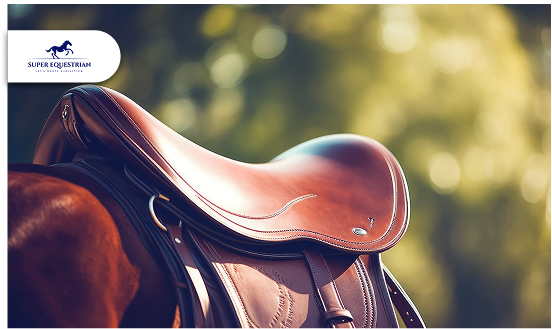
How to Choose the Perfect ...
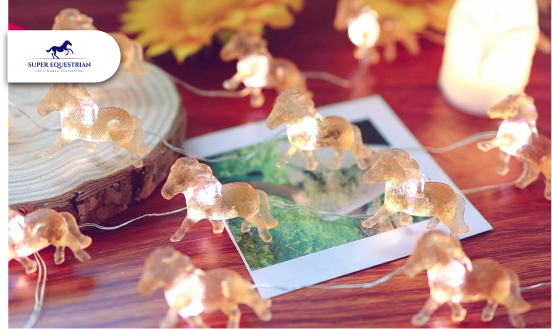
Horse-Themed Gifts Unique Ideas ...
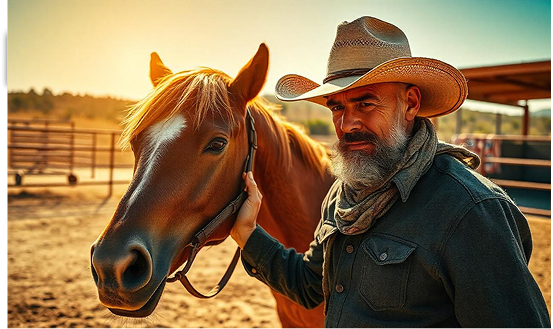
Horse Training Techniques: Creating A ...
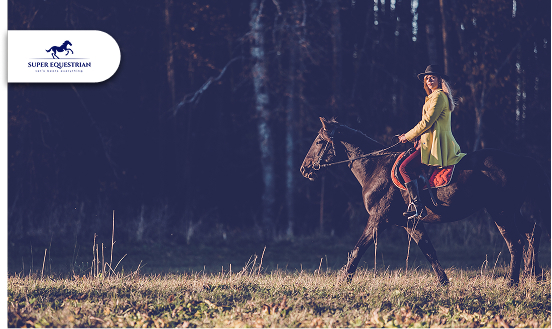
Horseback Riding Lessons – Everything You ...
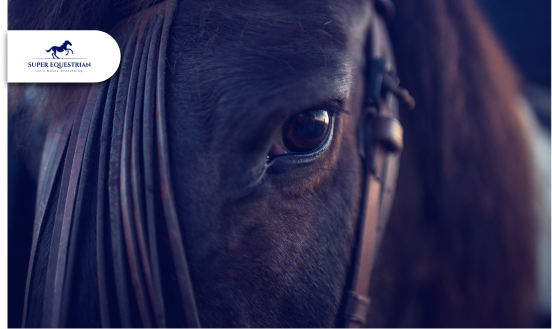
Horse Photography Tips: Learn the ...
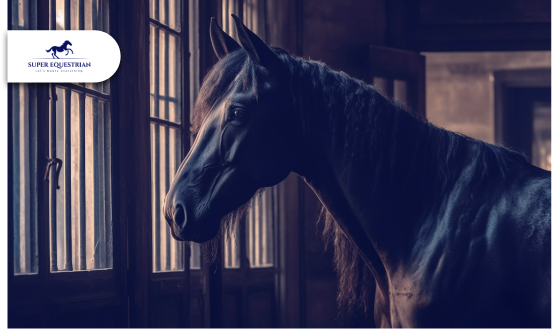
Horse Stable Management: The Quiet ...
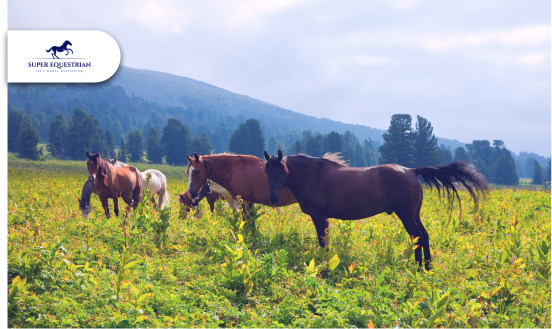
Horse Rescue Organizations: A Profound ...
Horse Racing Events A Look ...
Best Horse Manure Fork Six ...
What Are The Rarest Horses ...
What Does It Mean When ...
Horse Insurance Providers This Is ...

Horse Behaviour and Psychology: Learn ...

How Much Does a Horse ...
.jpg)
Best Monoflap Saddles For Your ...
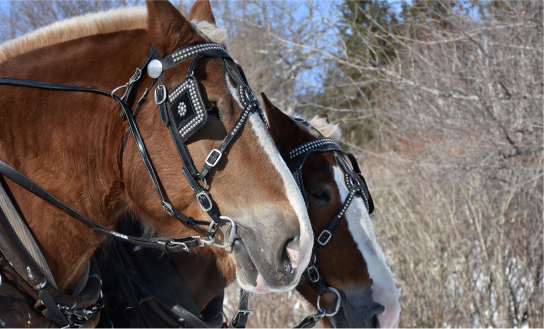
Best Hackamore For Barrel Racing...
.jpg)
Best Barrel Racing Reins Top ...
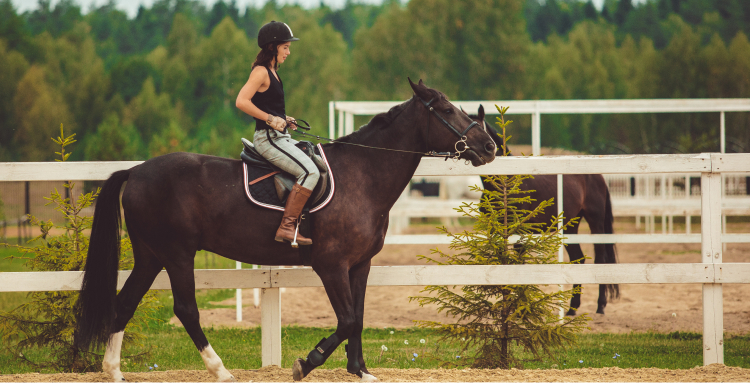
Horse Anatomy And Physiology: Facts ...
.jpg)
Best Stirrups For Ankle Pain - ...
.jpg)
Horse Care Tips and Tricks: ...
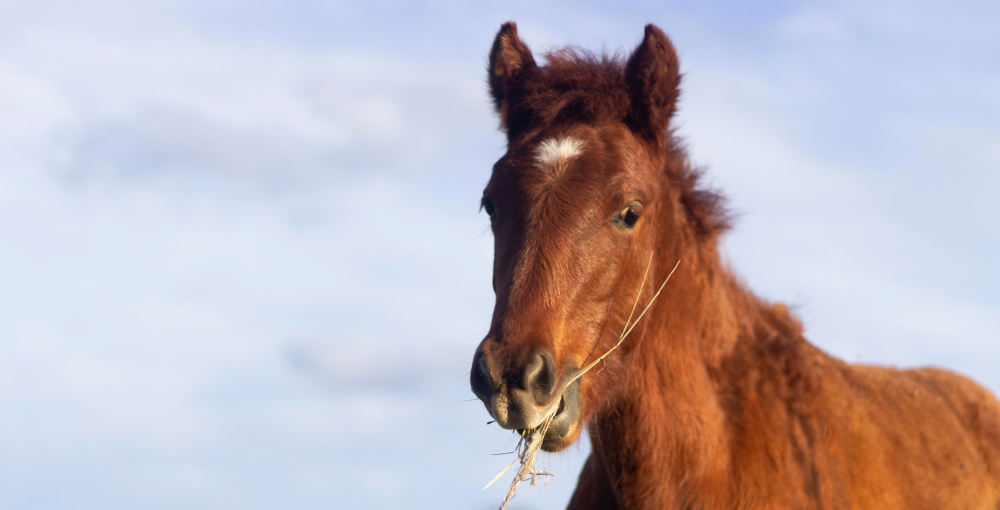
What Do Wild Horses Eat- ...
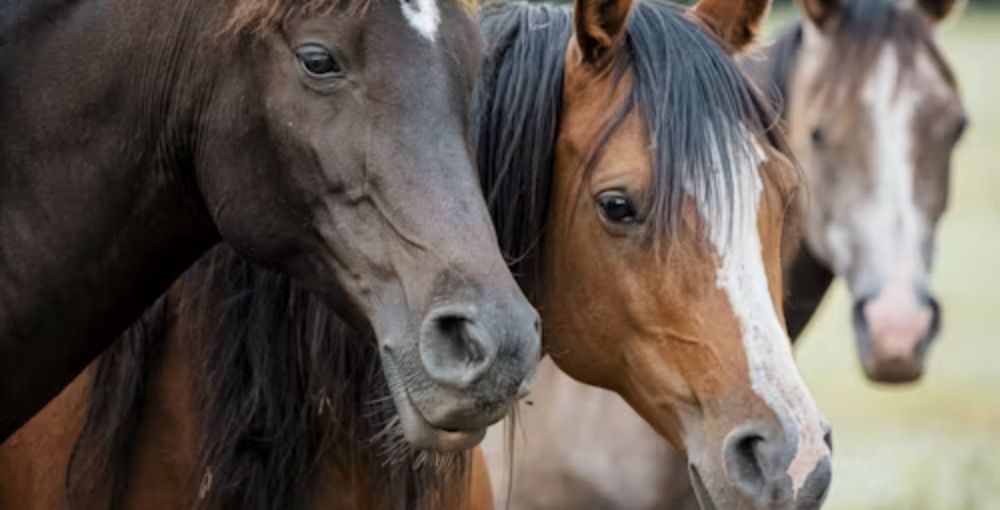
Horse Breeds and Characteristics: How ...
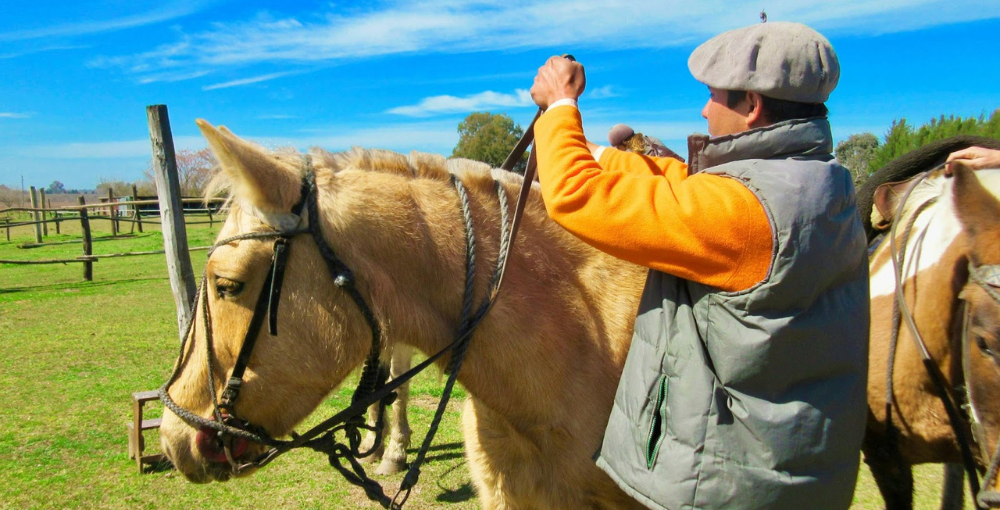
Best Barrel Racing Reins - Top ...

Horse Breeds and Characteristics: How ...
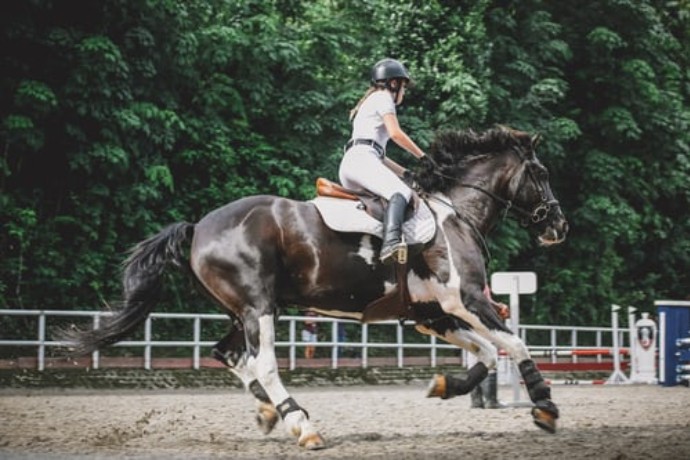
Best Breeches For Curvy Riders...
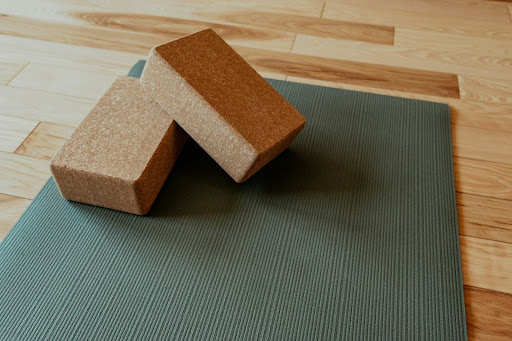
Best Stall Mats For Horses - ...

Best Horse Brushes ( A Thread ...

Best Saddle Rack ( Keep Your ...

Best Bit For Training a ...
.jpg)
10 Morgan Horse Show Held ...
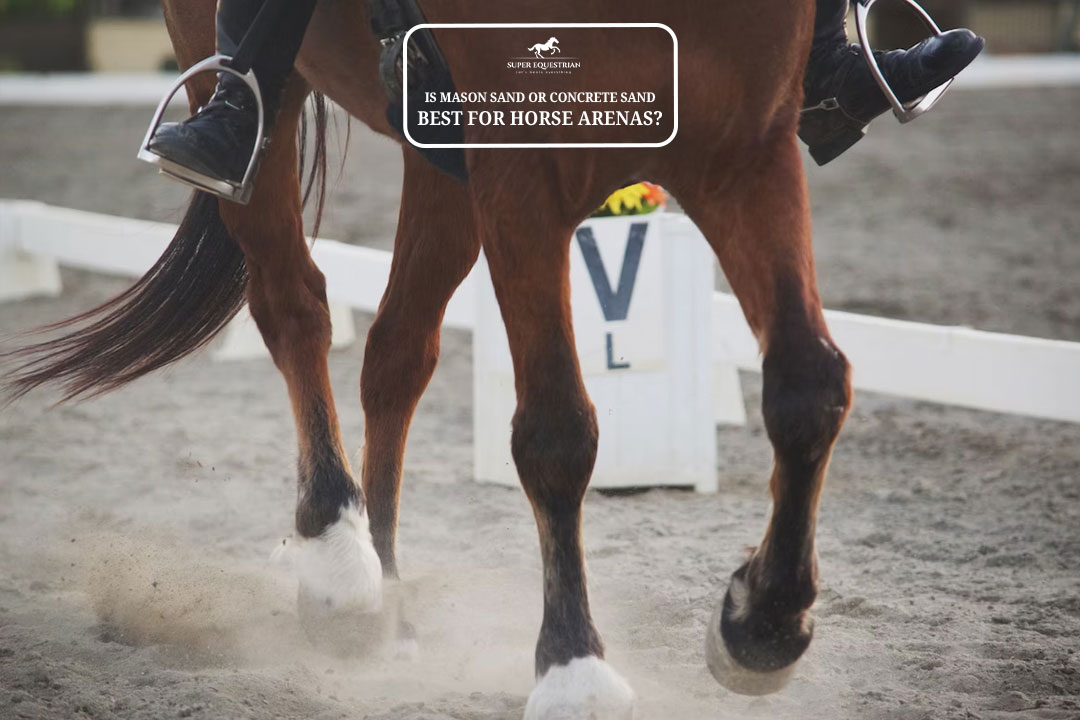
Is Mason Sand Or Concrete ...
.jpg)
Best Girth For Your Horse ...
.jpg)
Ranch Cutter vs Cowhorse Saddle? ...
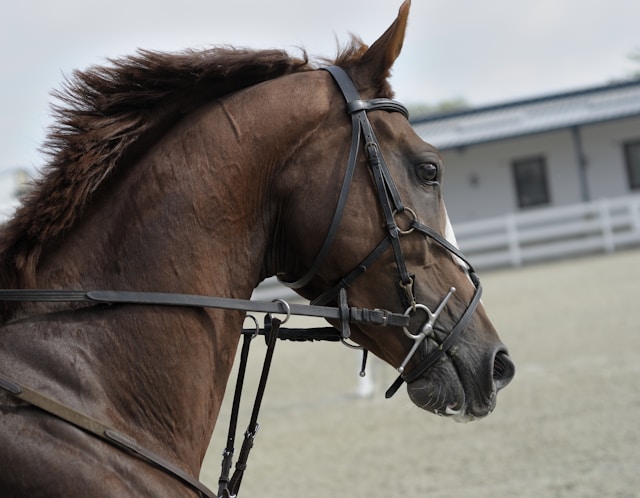
Types of Horse Bit and ...
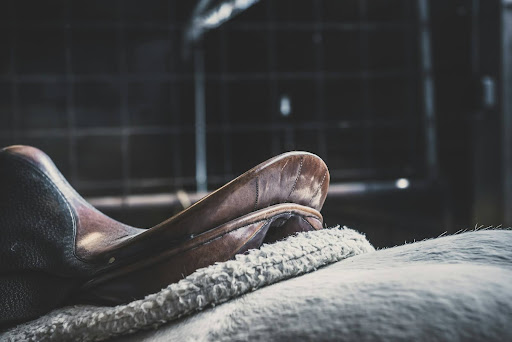
Is Hilason a Good Saddle ...
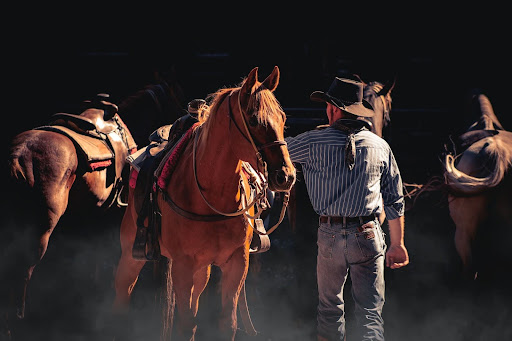
How to choose a bit ...
.jpg)
Best Salt Blocks For Horses...
.jpg)
Types of Horse Brushes (Equine ...
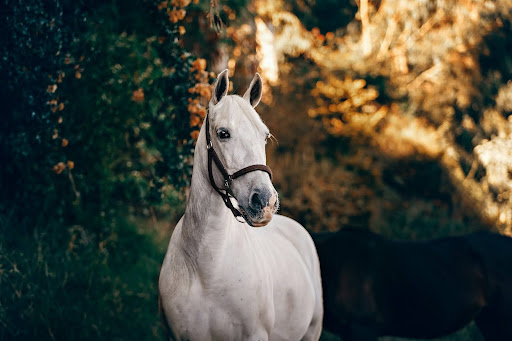
How To Get a Horse ...
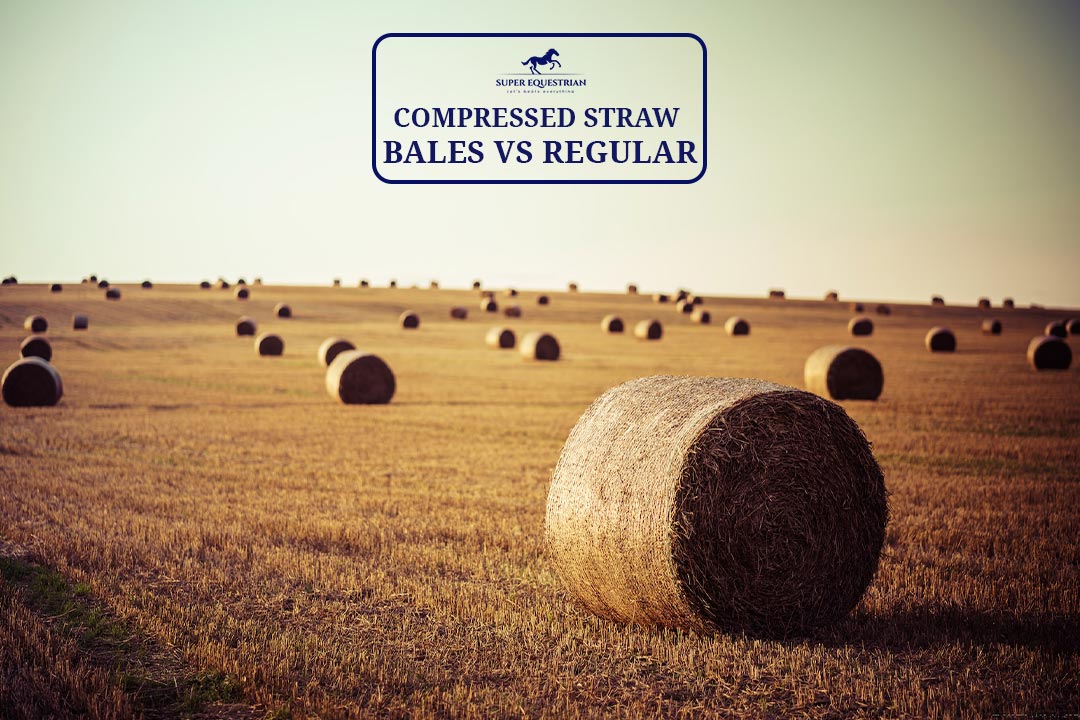
Compressed Straw Bales Vs Regular? ...
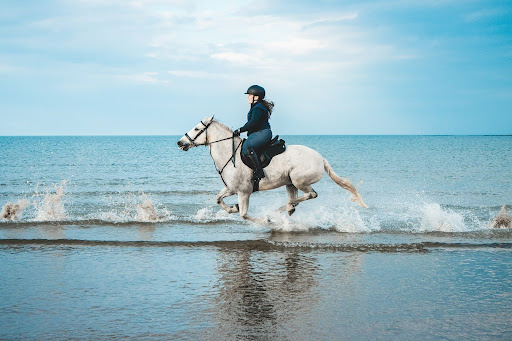
Horse Riding Lessons For Intermediate ...
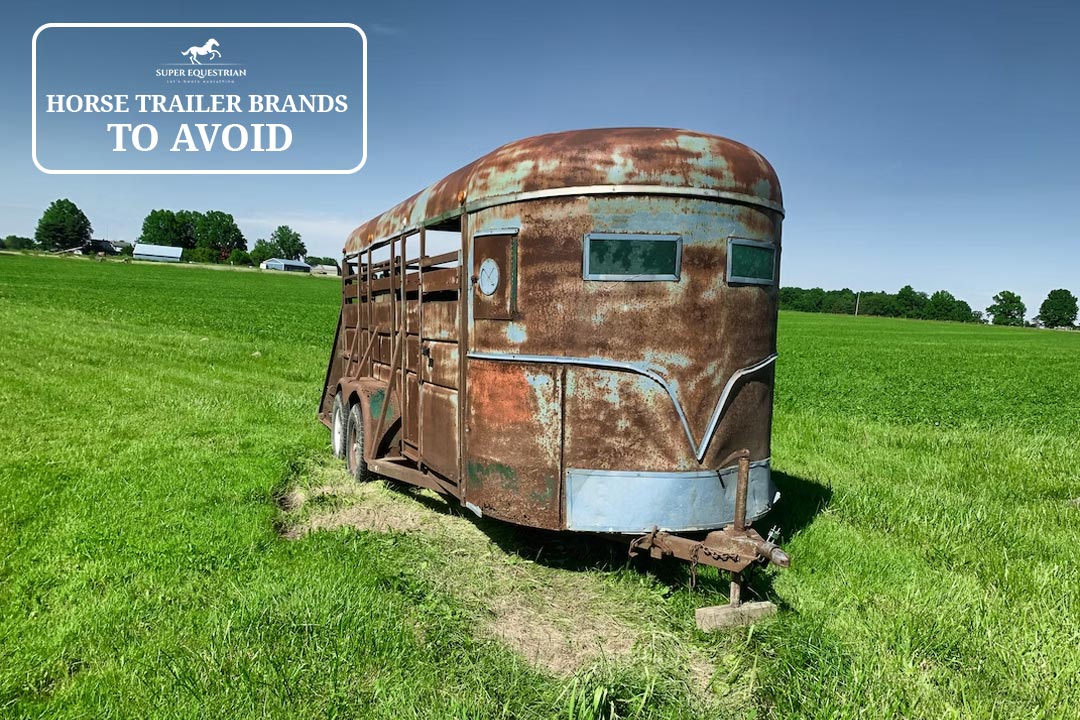
Horse Trailer Brands To Avoid...

Strawberry Roan vs Red Roan? ...
.jpg)
Gelding vs Stallion...
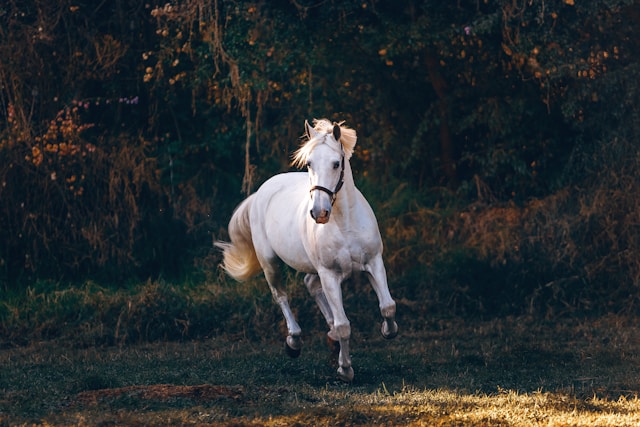
Why Does a Horse Whinny? ...
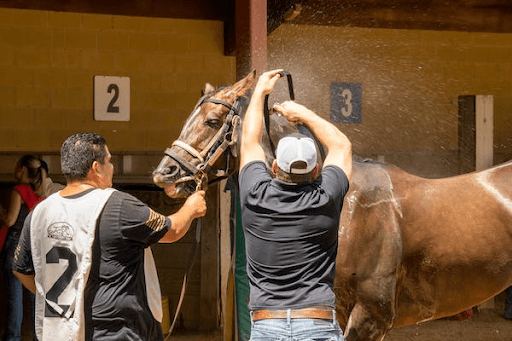
How to Clean a Rusty ...
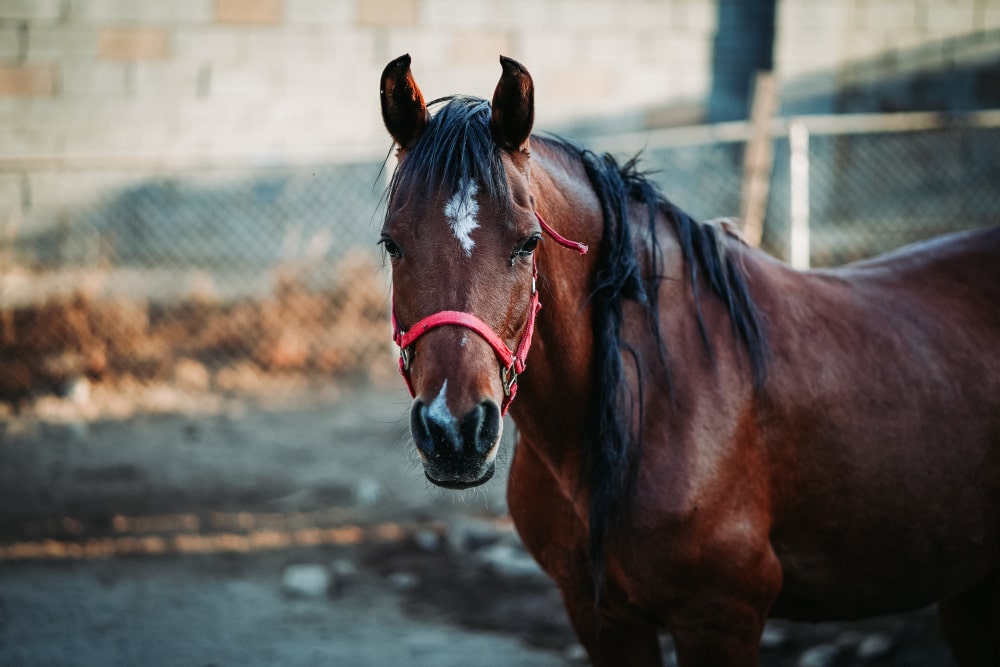
Why Do Horses Foam at ...
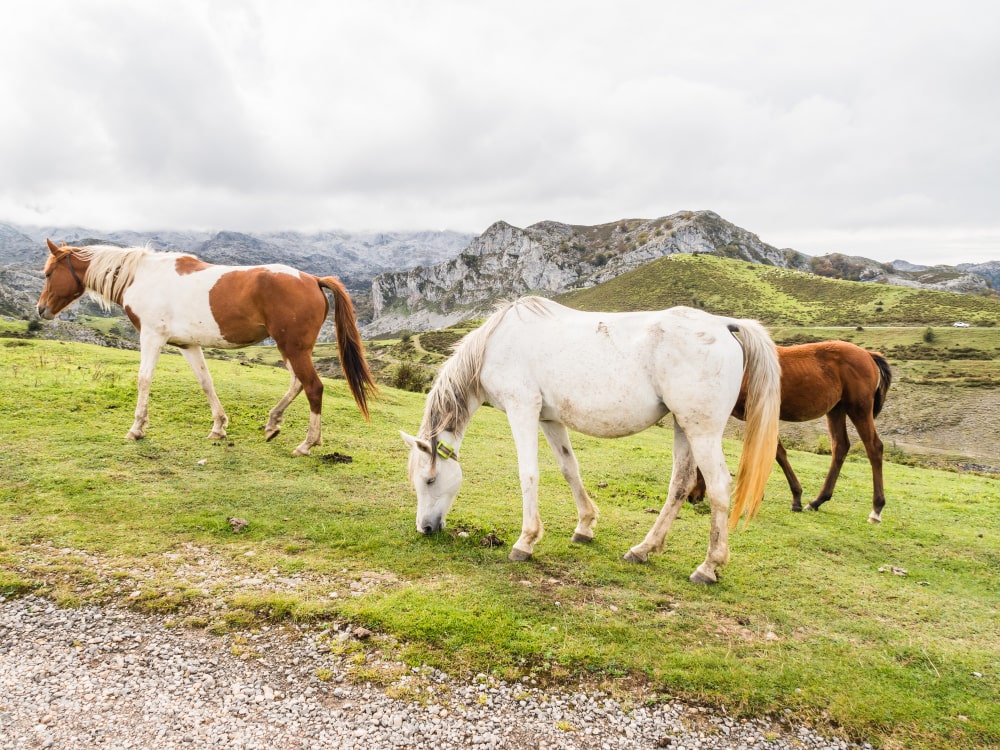
Why Do Horses Bob Their ...

Nutrition Unveiled: Triple Crown Senior ...
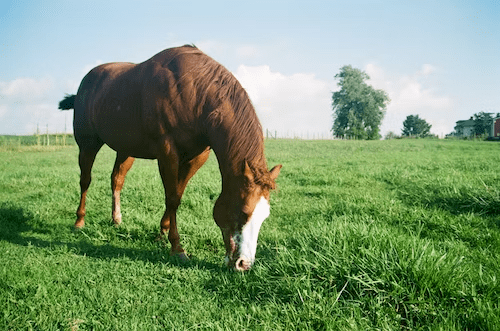
Pasture Pro Vs. Grazon: Horse-...
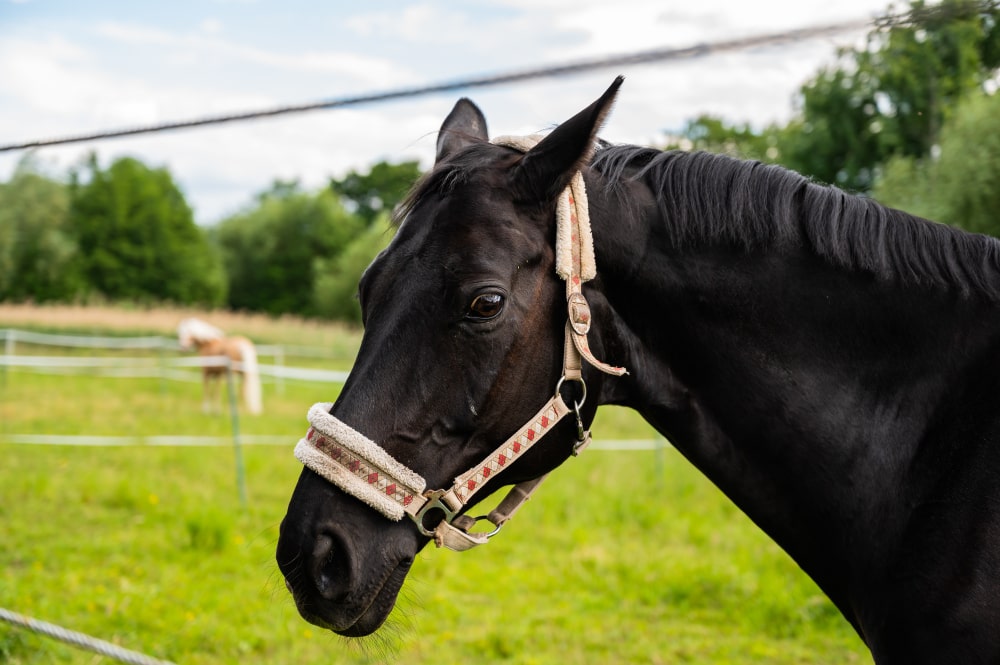
Dutch Gag Vs. Pelham: Bits ...
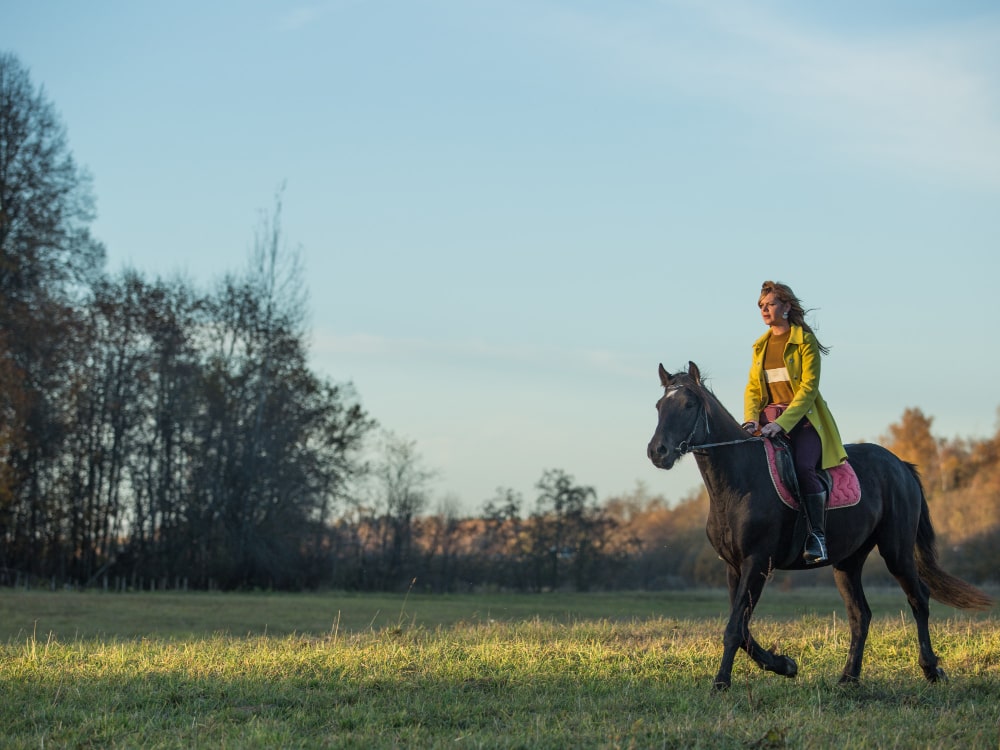
Walking Horse vs Racking Horse: ...
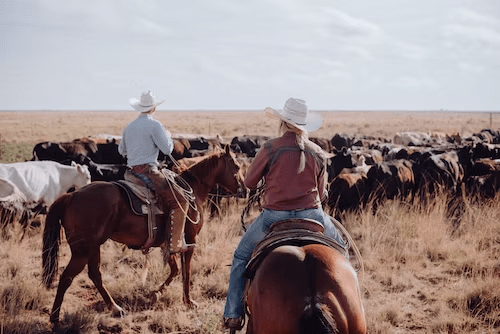
Wade vs Association Saddle: Your ...
.jpg)
Step Up vs Ramp Horse ...

Bosal vs Hackamore: A Head-...
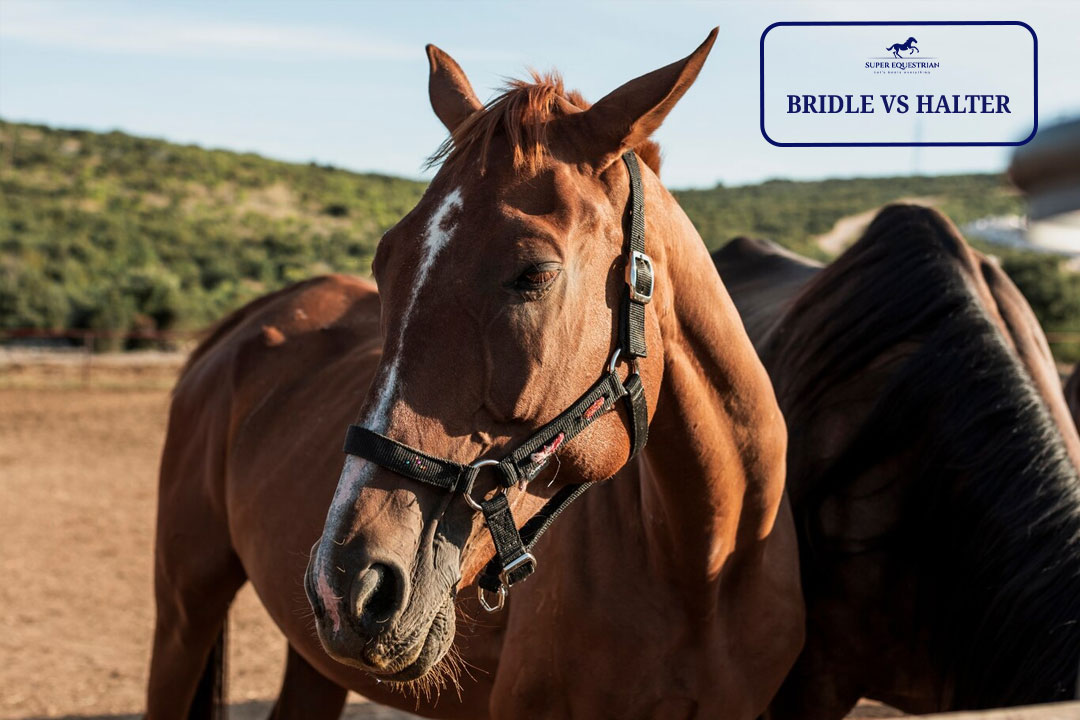
Bridle Vs Halter: Which One ...

Paddock Boots Vs Riding Boots: ...

Shadow Horse Trailer Problems: Causes, ...
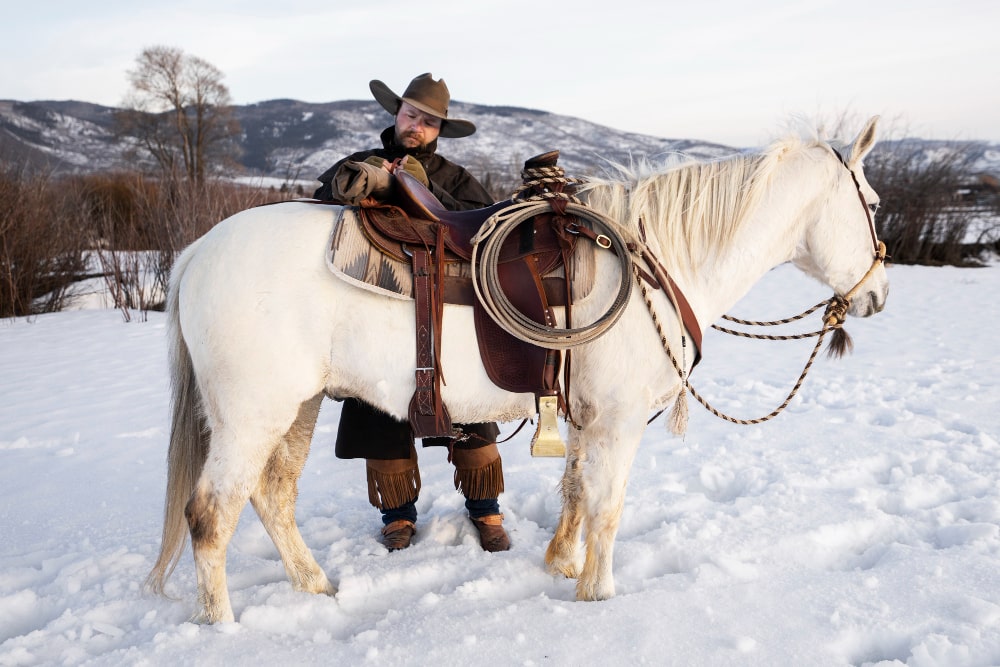
Are Billy Cook Saddles Good - ...

Let's Start at the ...
Benefits of Beet Pulp for ...
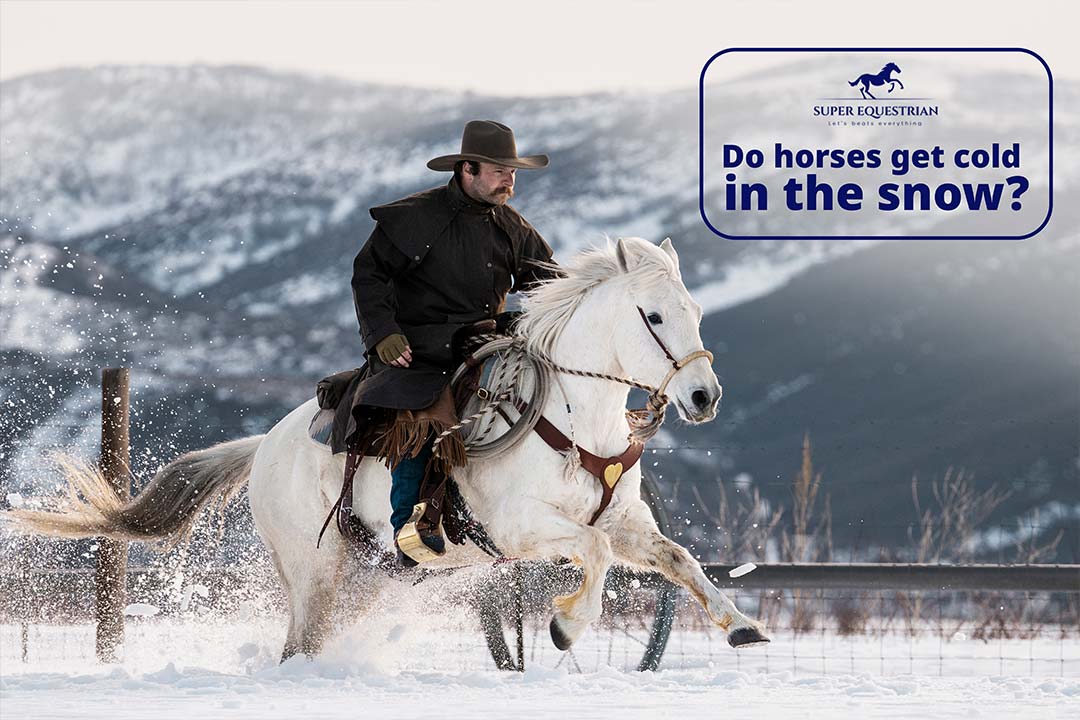
Do horses get cold in ...
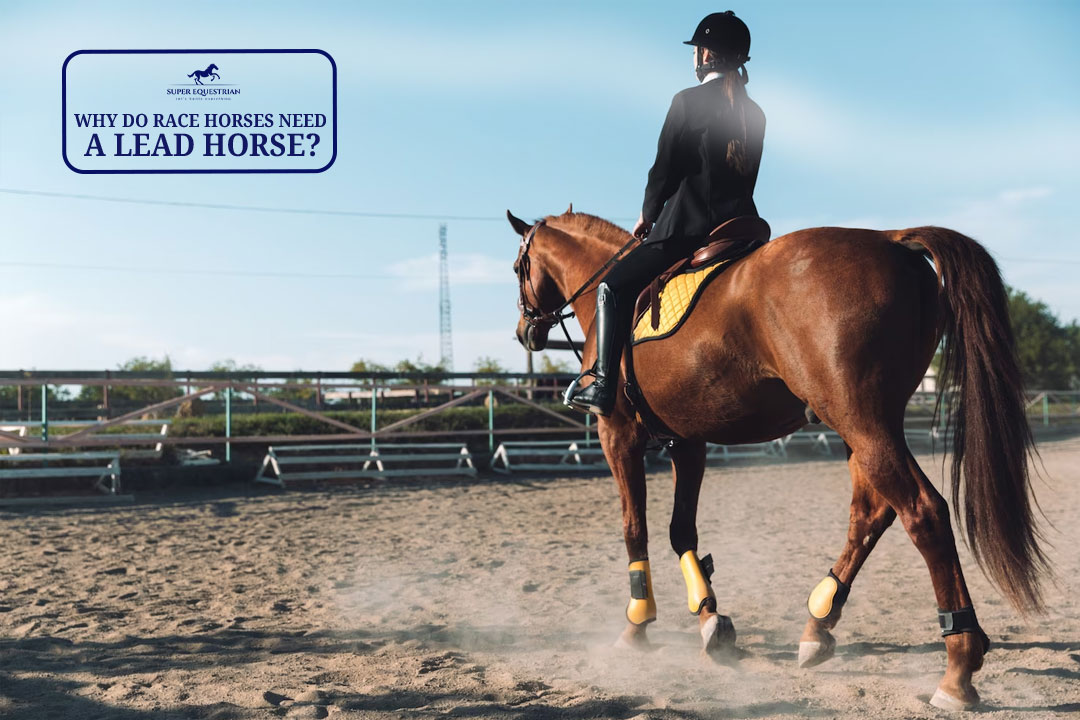
Why Do Race Horses Need ...
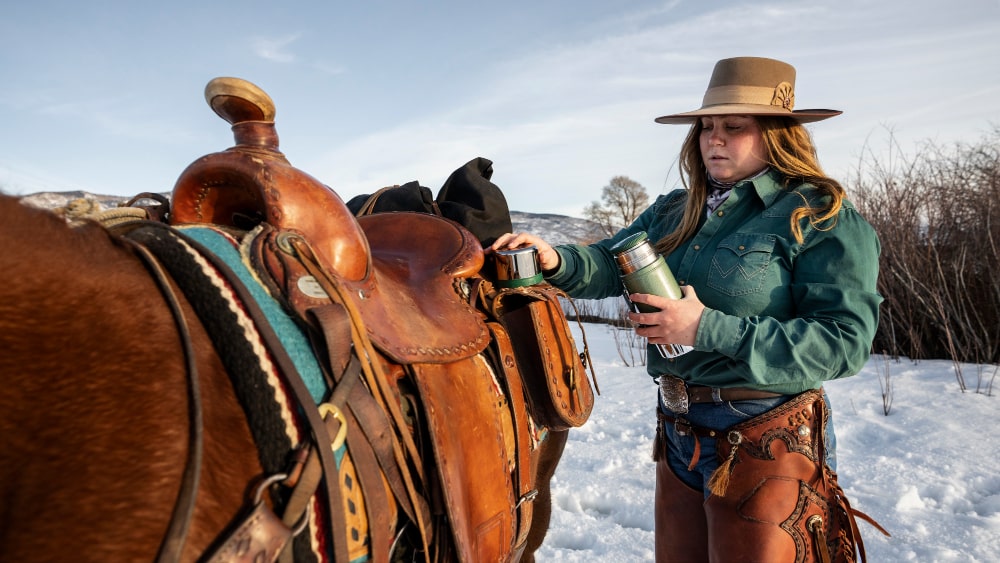
Ranch Saddle vs. Roping Saddle: ...

Round Pen vs Square Pen ...

Must Have Horse Trailer Accessories: ...
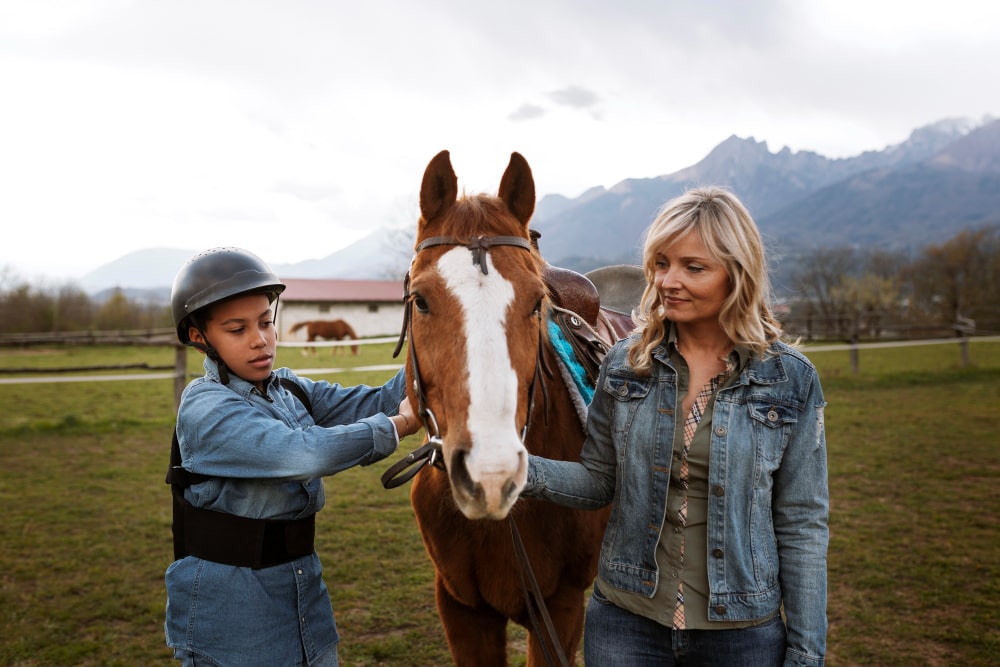
Is MIPS Worth for Equestrian?...
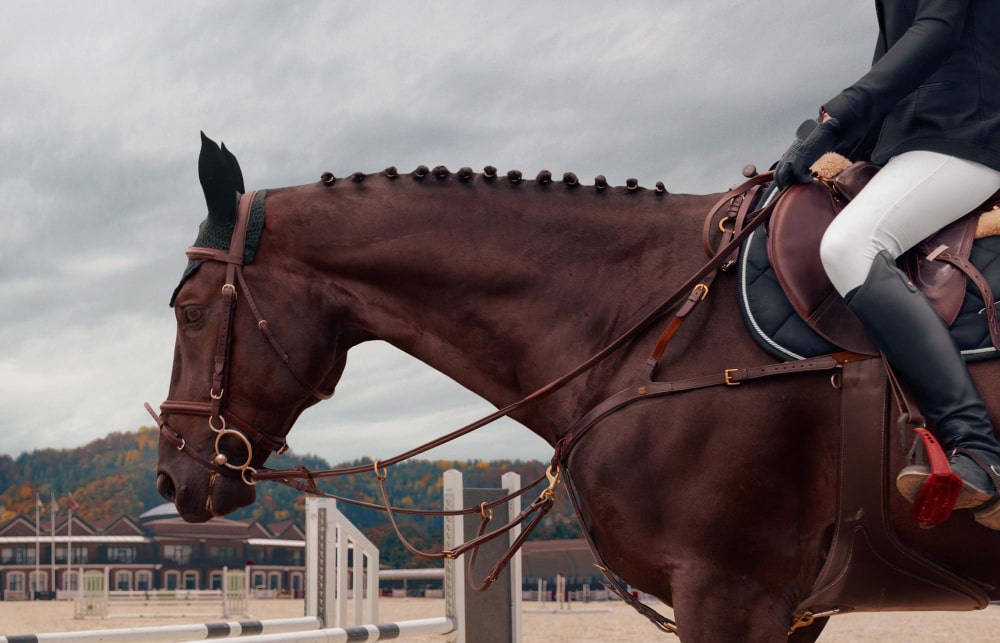
Natural Horsemanship vs Positive Reinforcement: ...

How to Mount a Horse ...
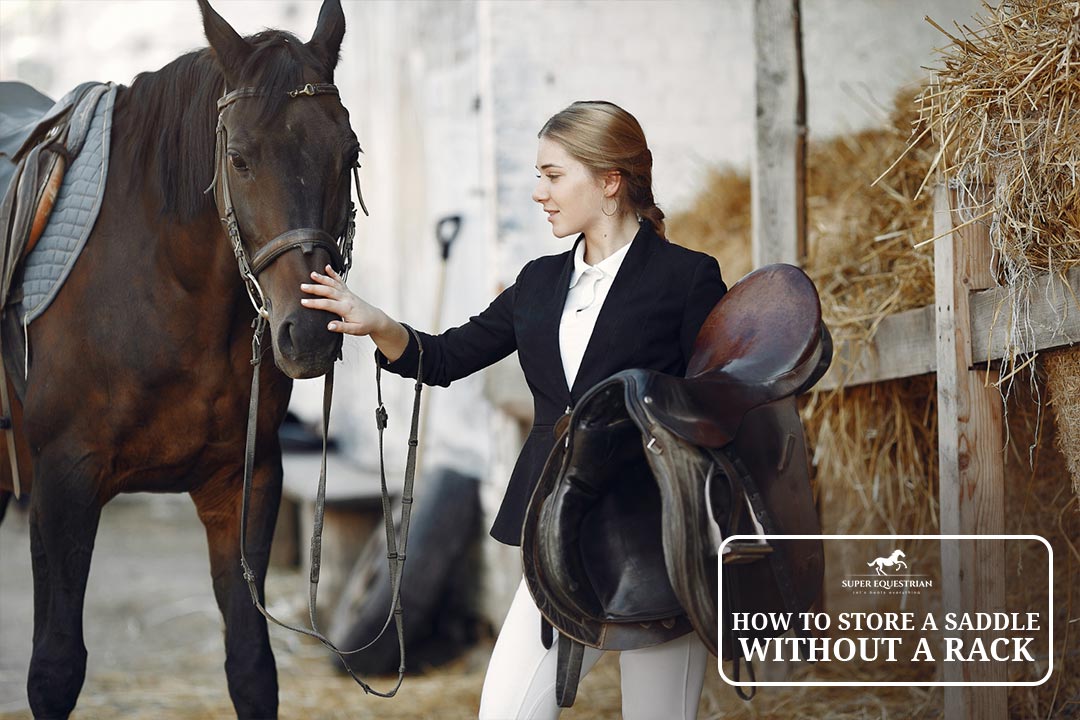
How to Store a Saddle ...
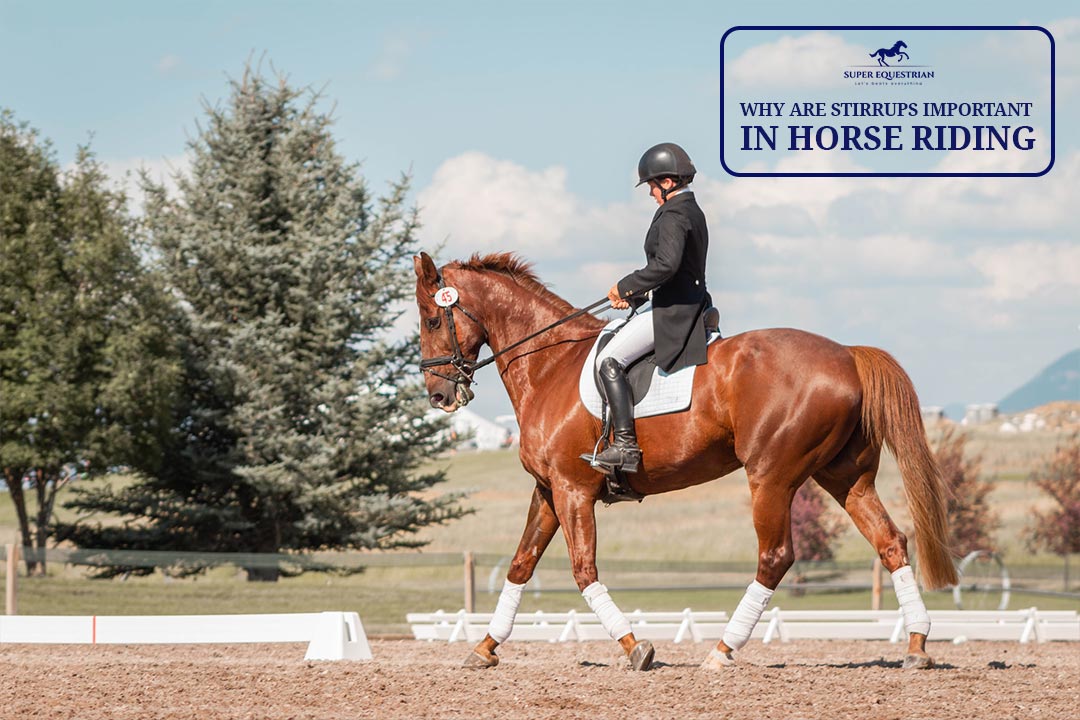
Why are Stirrups Important in ...
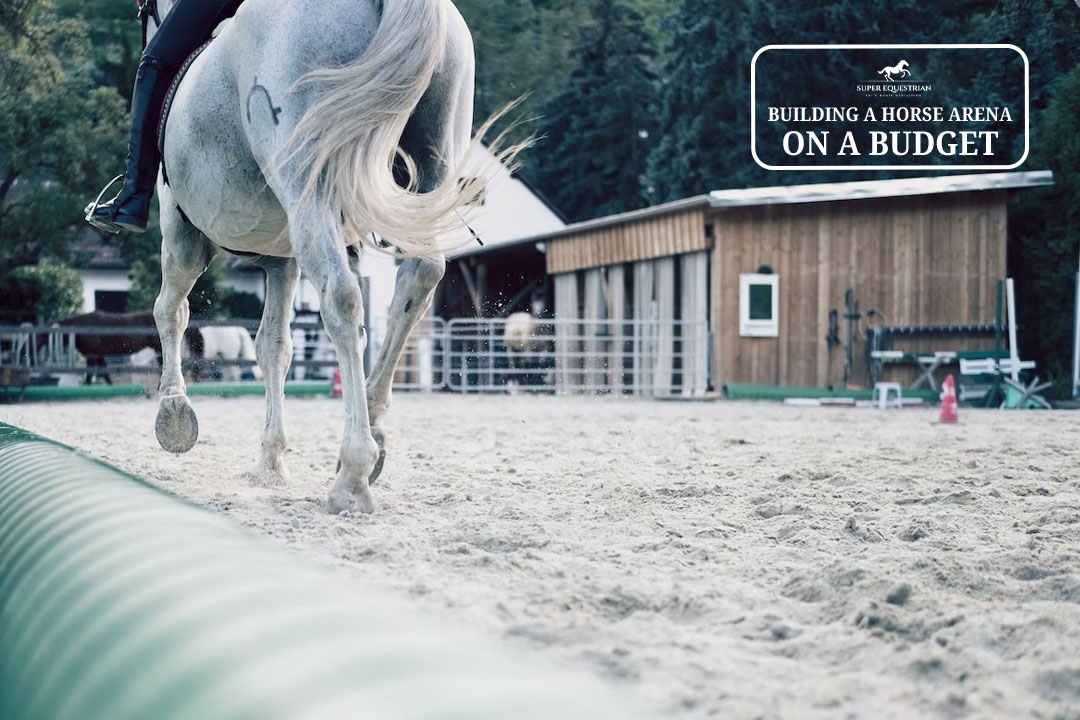
Building a Horse Arena on ...

How to Make Horse Treats ...

Order of Grooming a Horse...

Horse Riding Lessons Plan: The ...

Horse Trailer Roof Replacement and ...
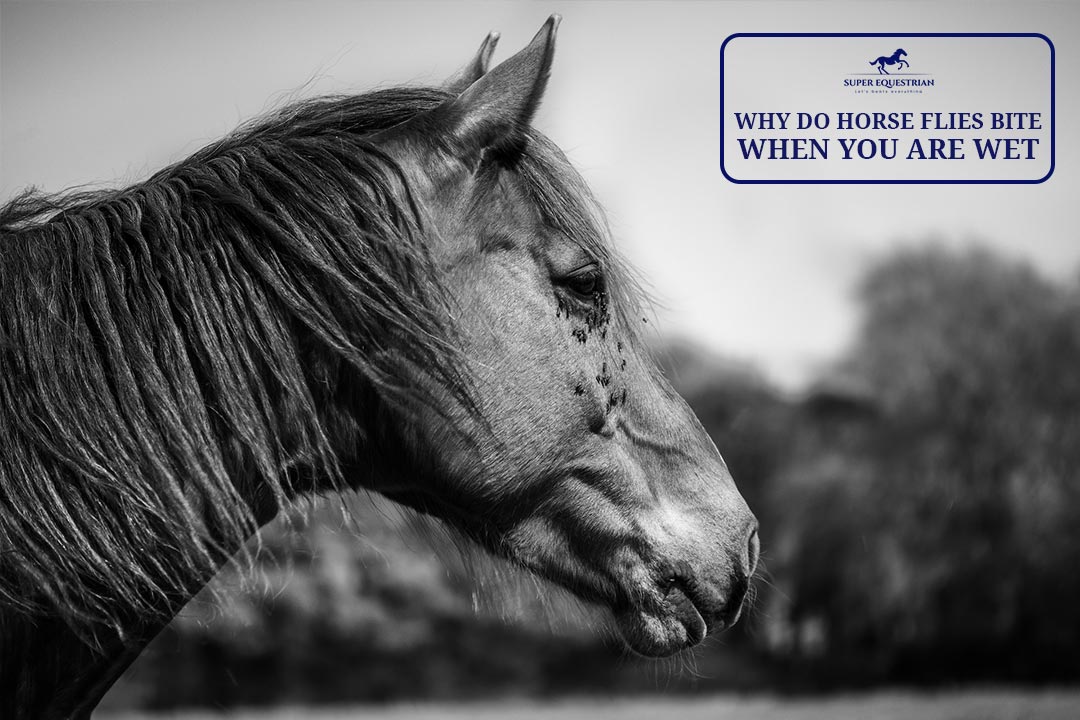
Why Do Horse Flies Bite ...
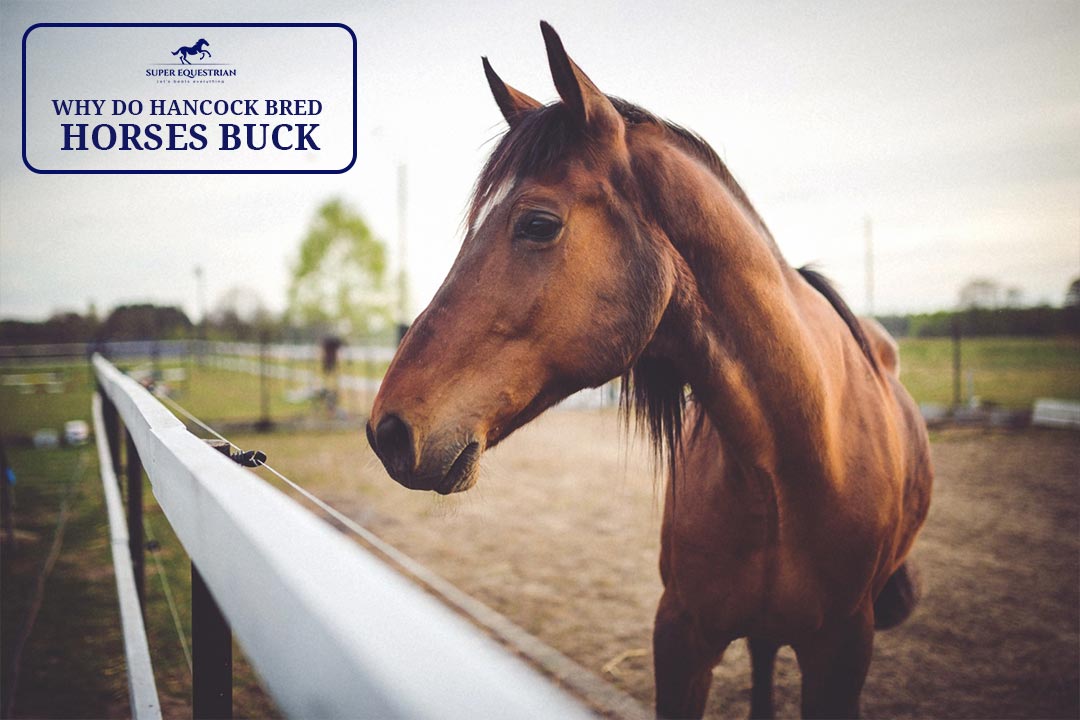
Why Do Hancock Bred Horses ...

Quarter Horse Bloodlines to Avoid...
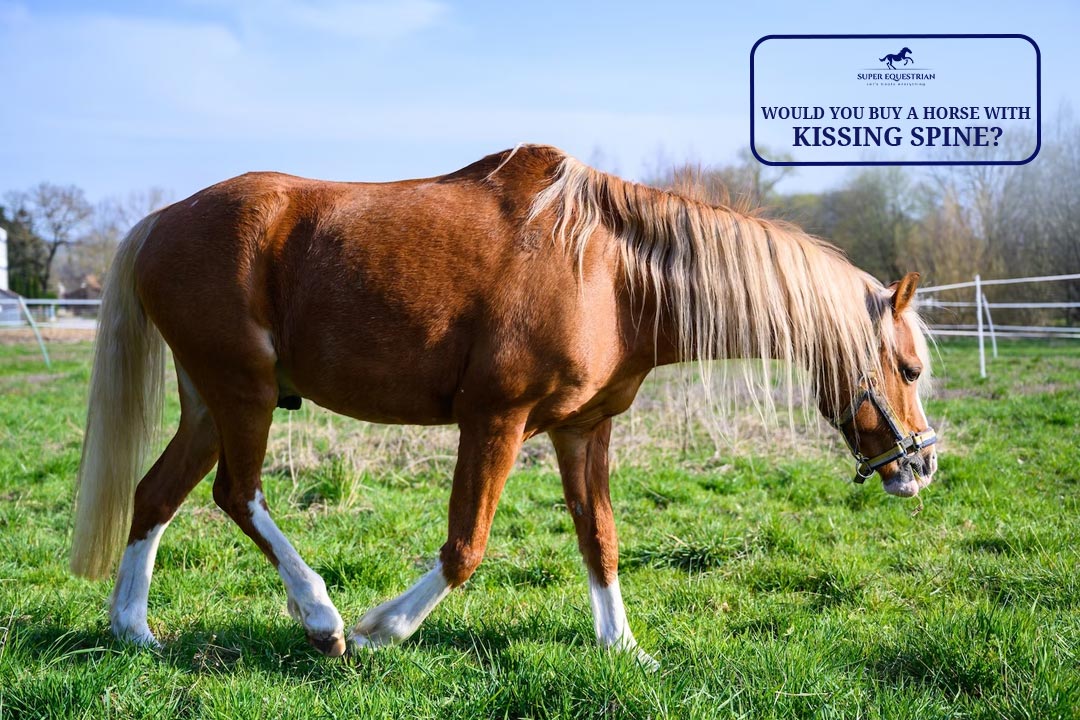
Would You Buy a Horse ...
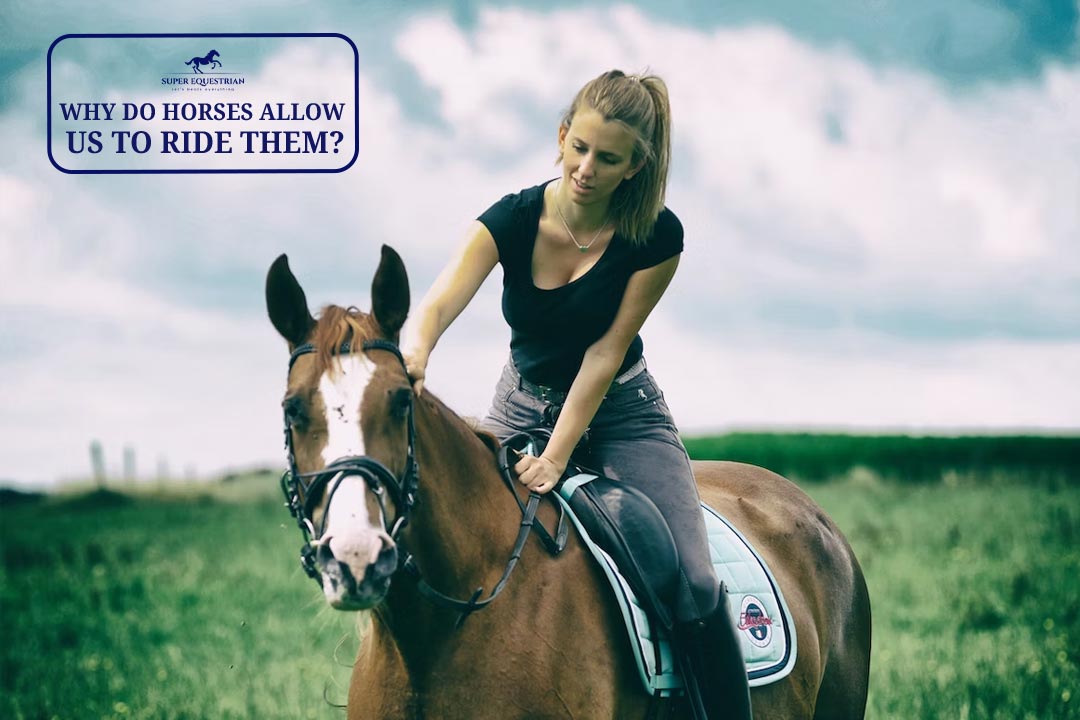
Why Do Horses Allow Us ...
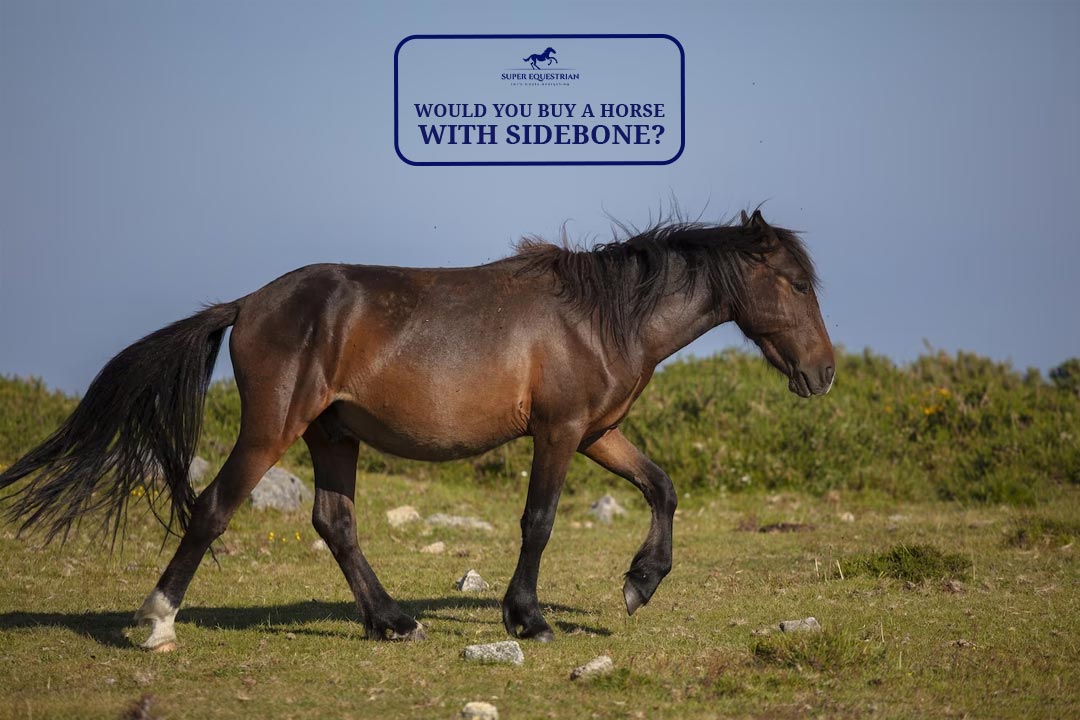
Would you buy a horse ...

Why Are Klapper Bits So ...
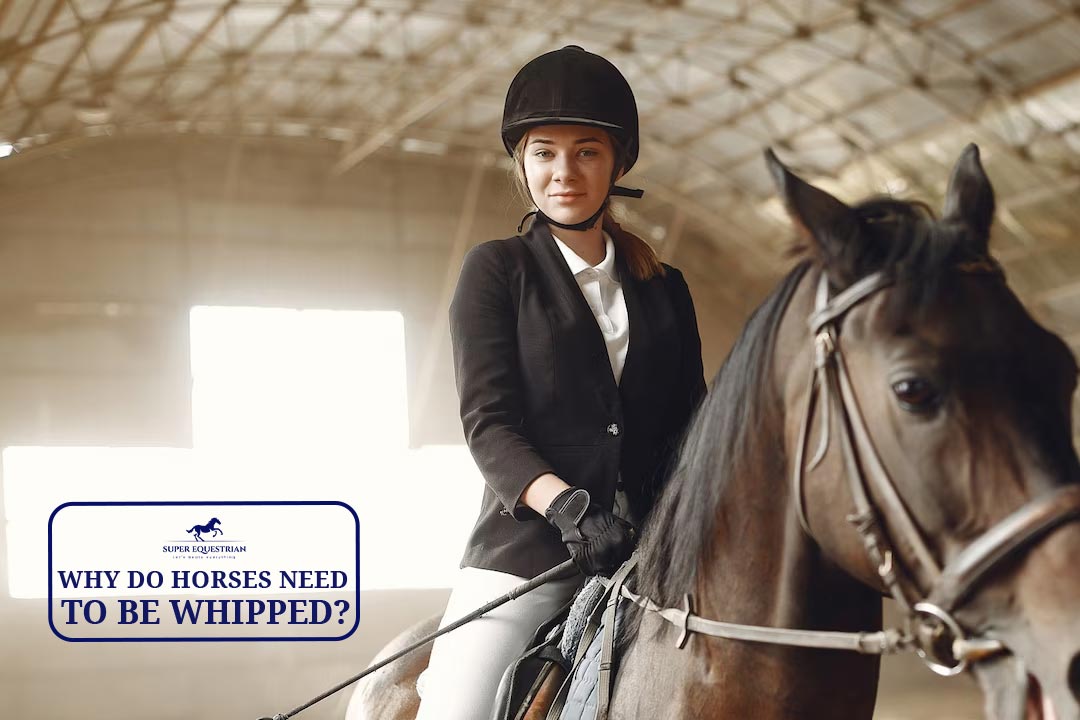
Why do horses need to ...

Why do you mount a ...
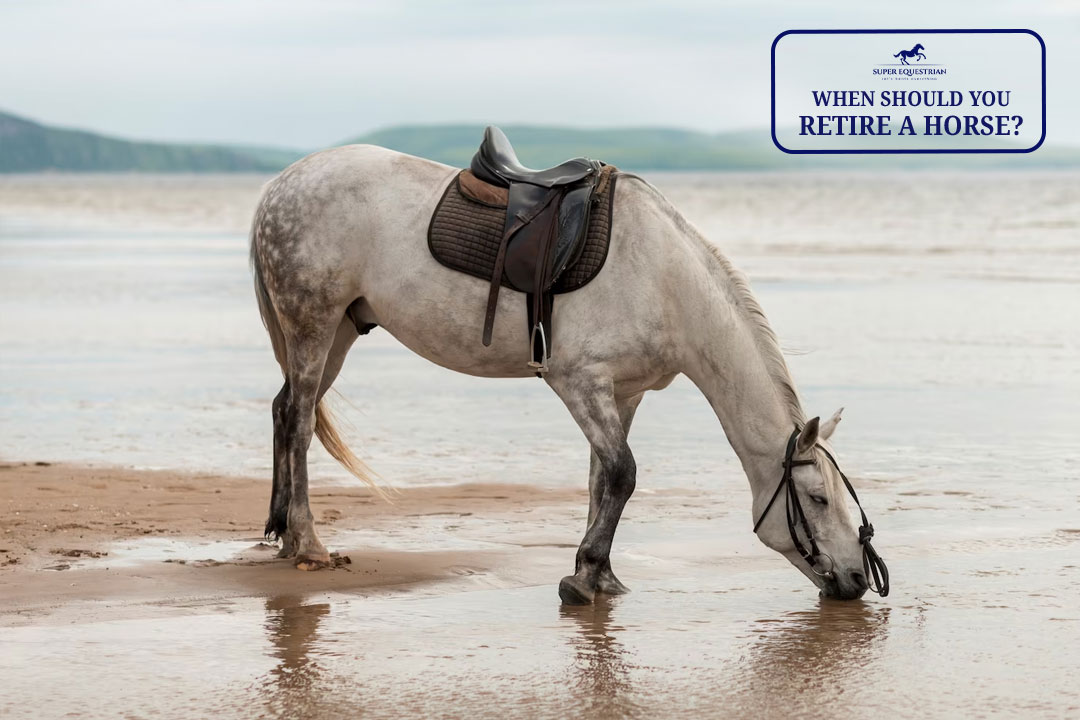
When Should You Retire A ...
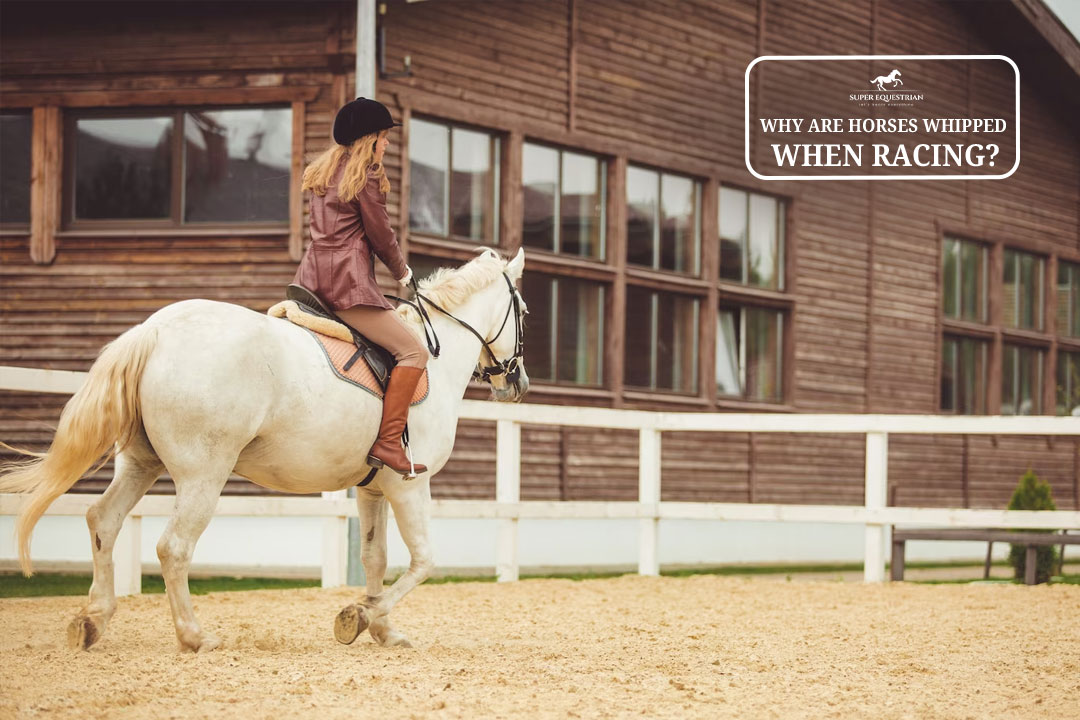
Why Are Horses Whipped When ...
.jpg)
Why Do Horses Have A ...
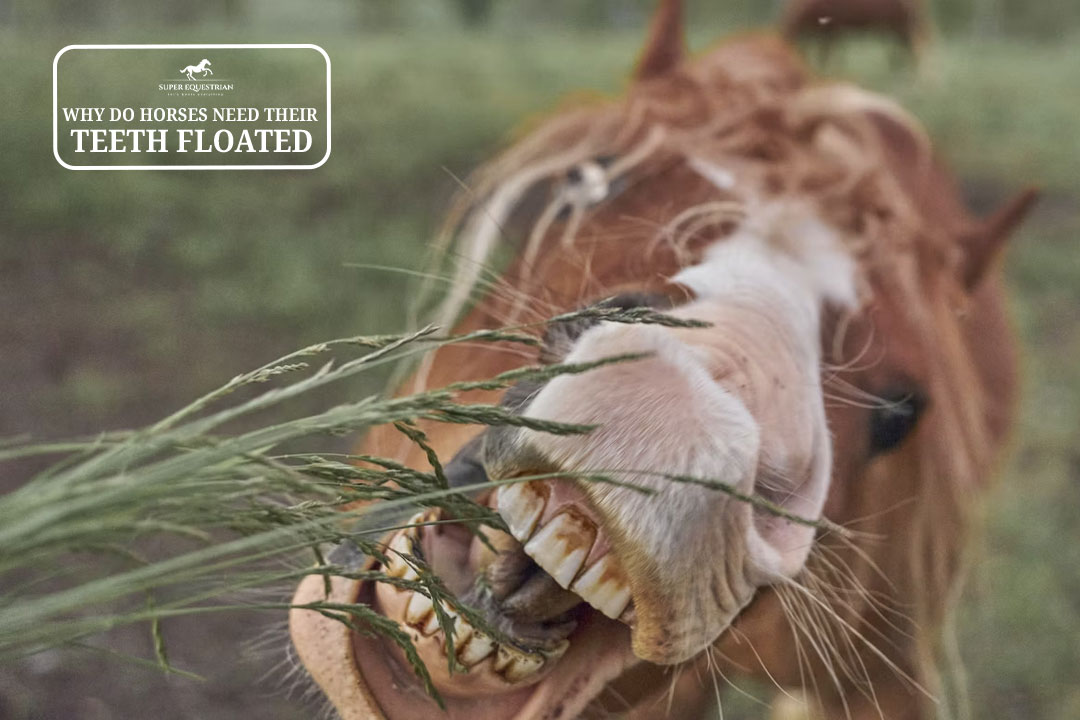
Why Do Horses Need Their ...

What To Do If Horse ...

What To Do If A ...
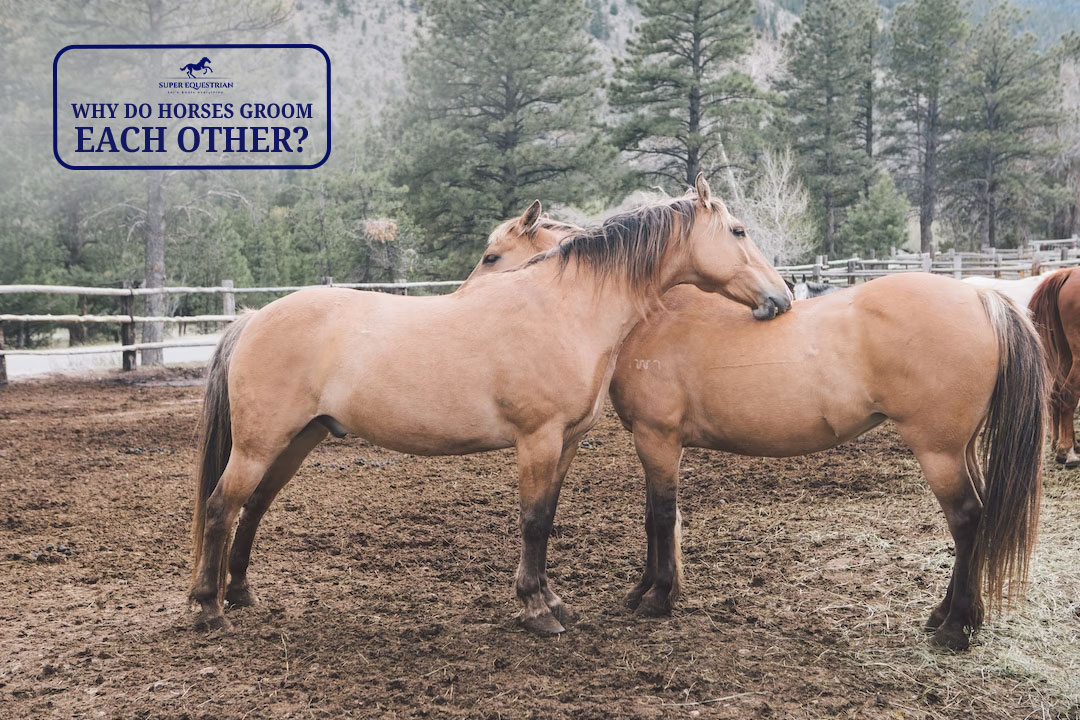
Why do horses groom each ...
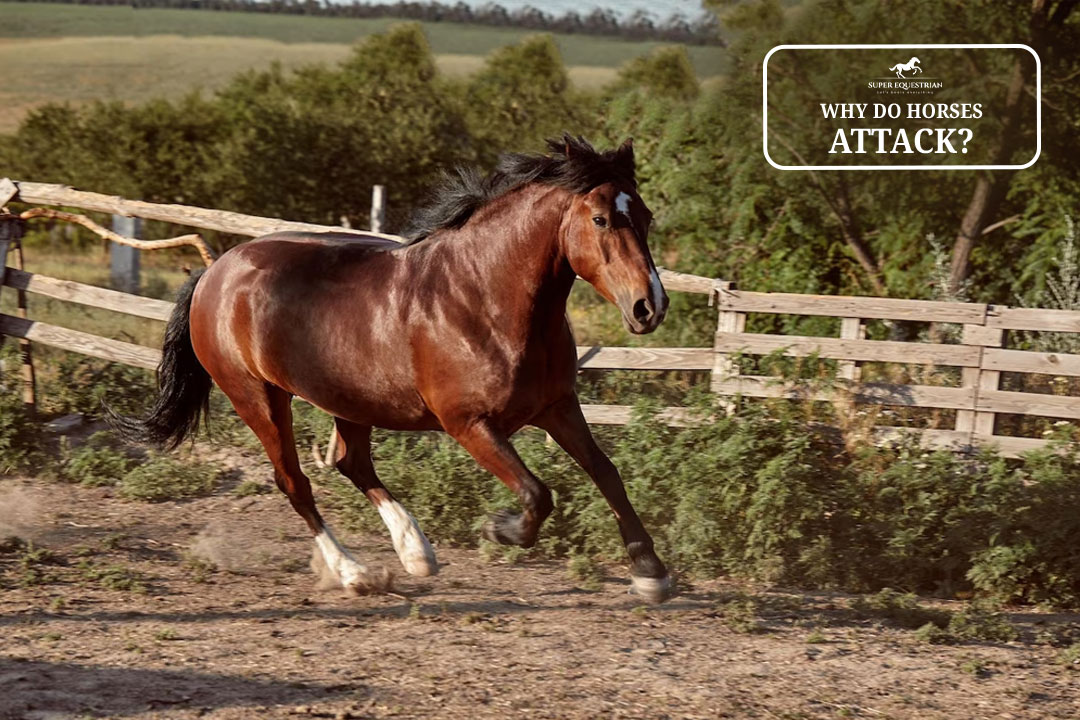
Why do horses attack...

Should I Use a Martingale ...

How to fit bell boots ...
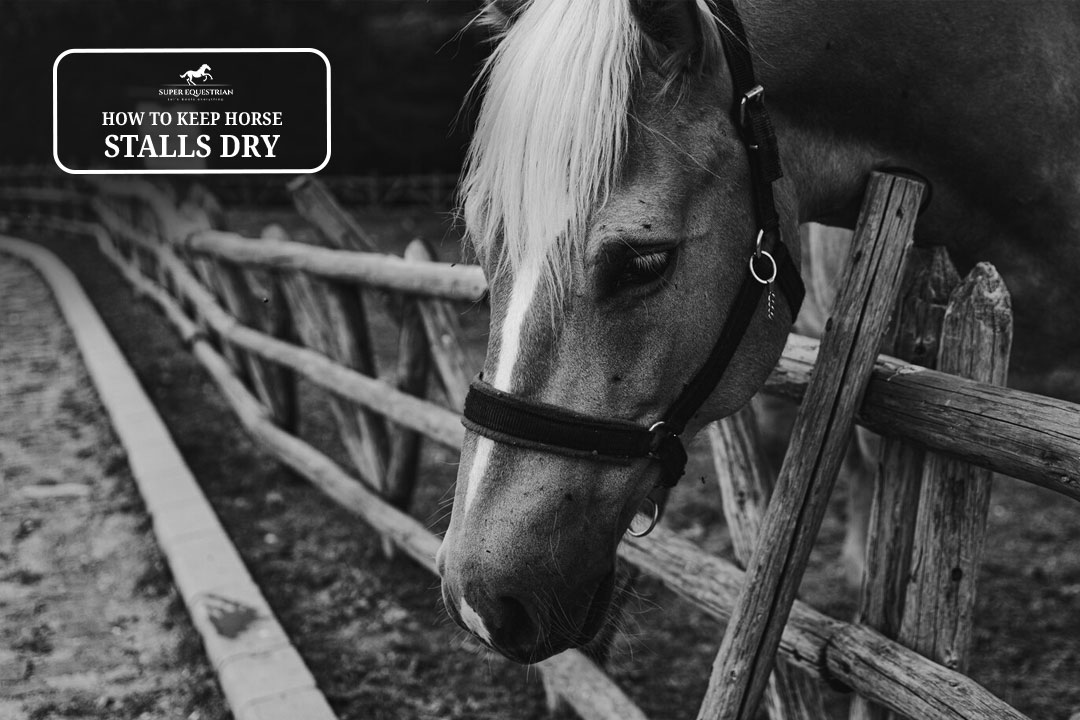
How To Keep Horse Stalls ...
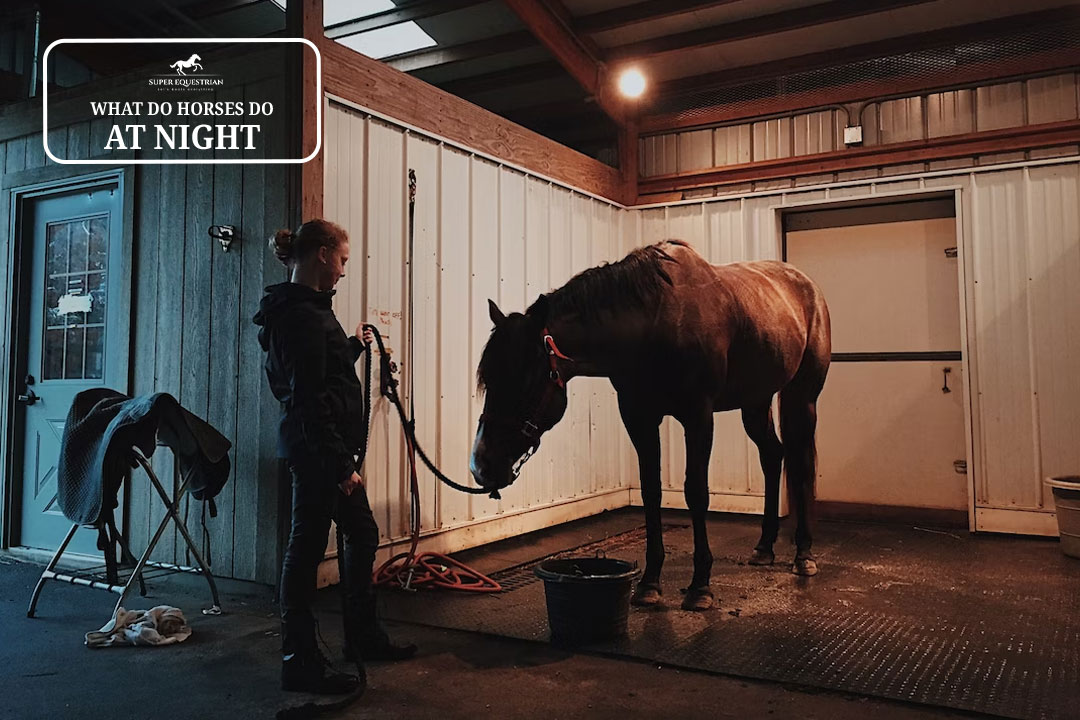
What Do Horses Do At ...
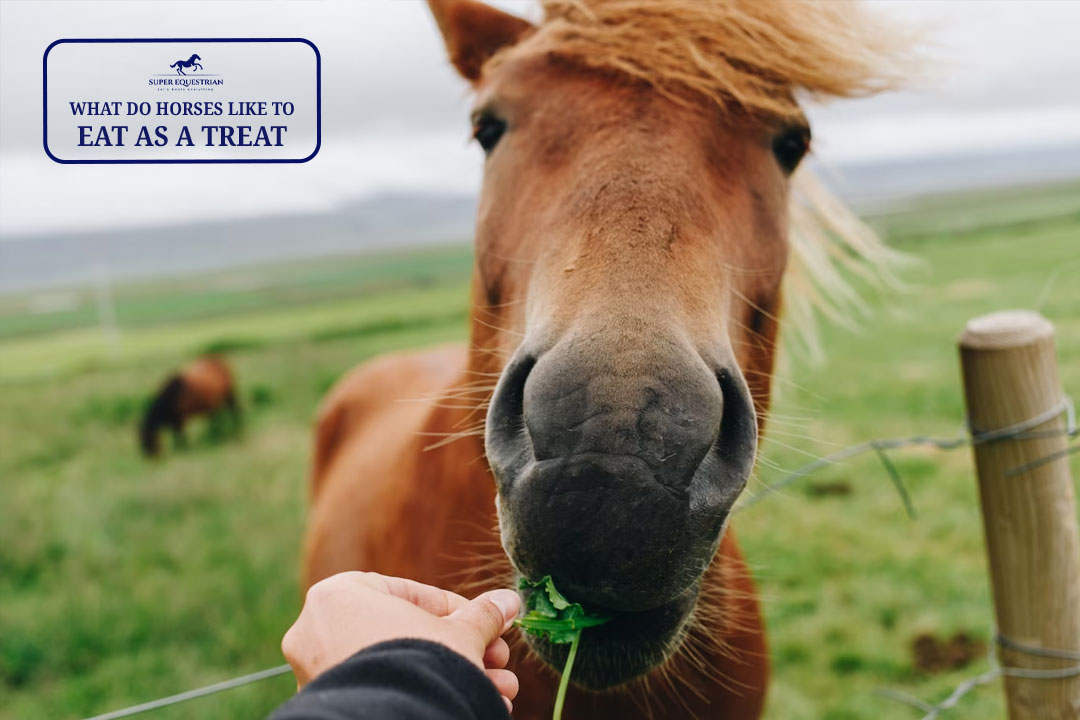
What do horses like to ...

Why do wild horses get ...
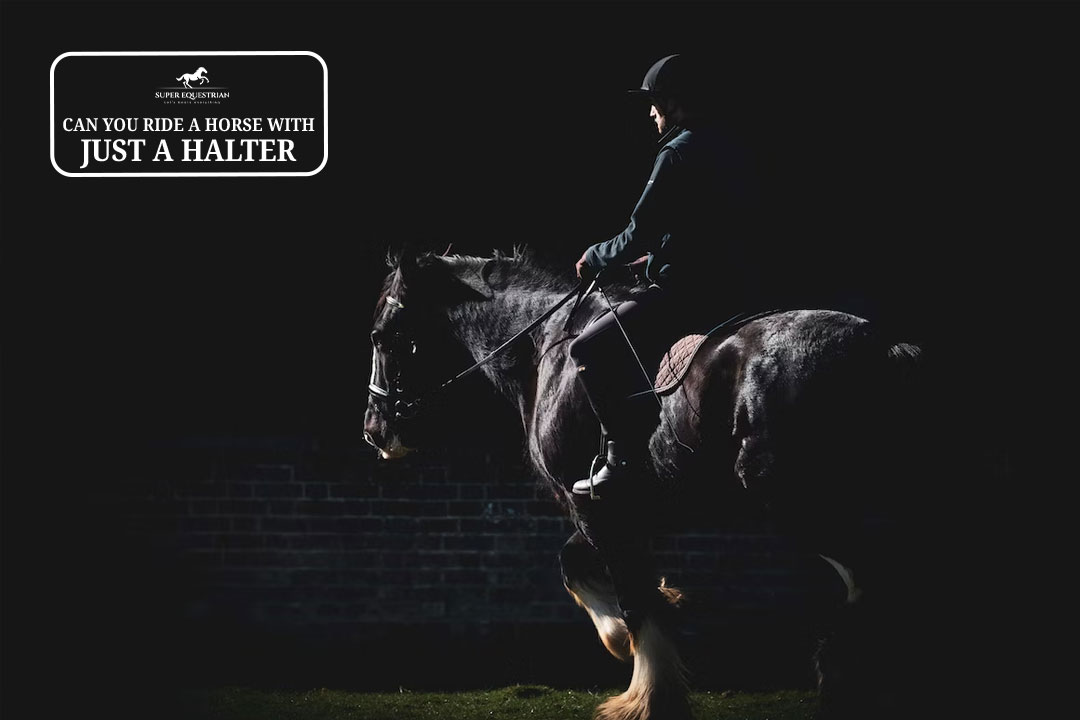
Can you ride a horse ...
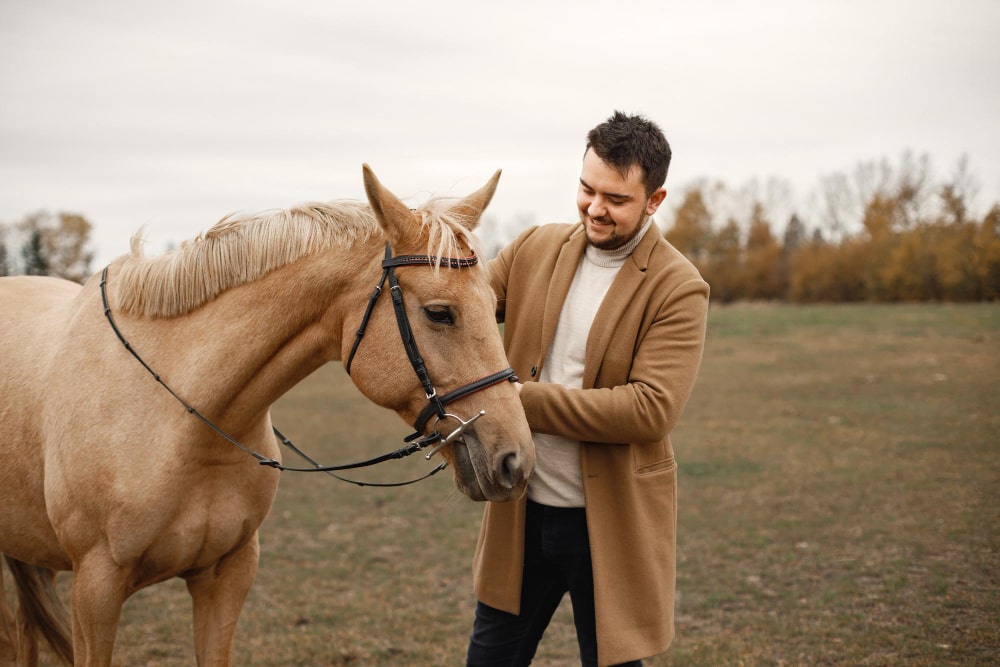
Are horses protective of their ...
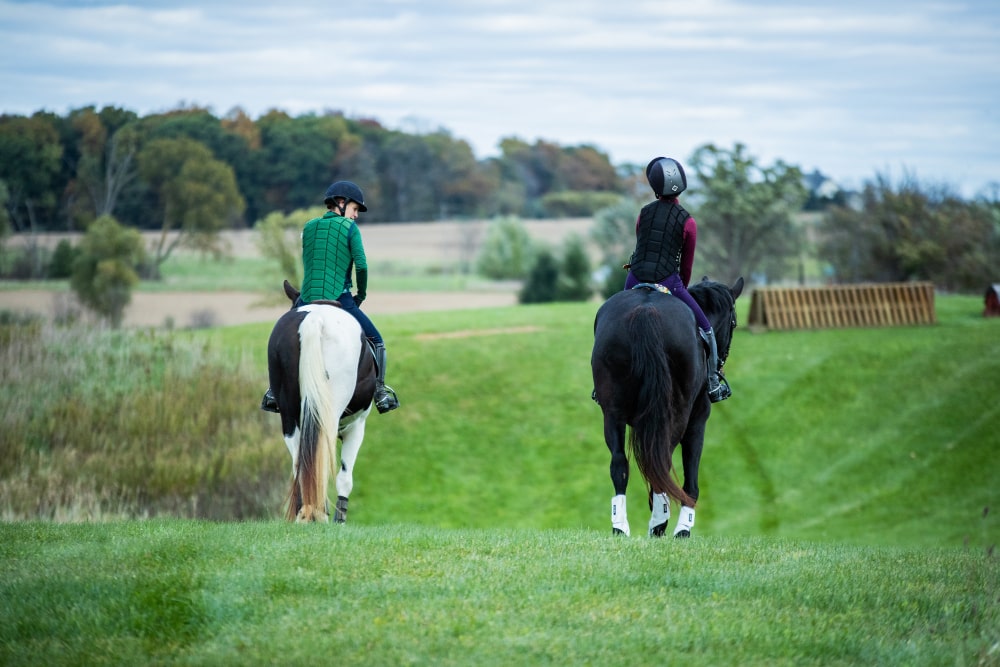
Why racking horses are popular ...
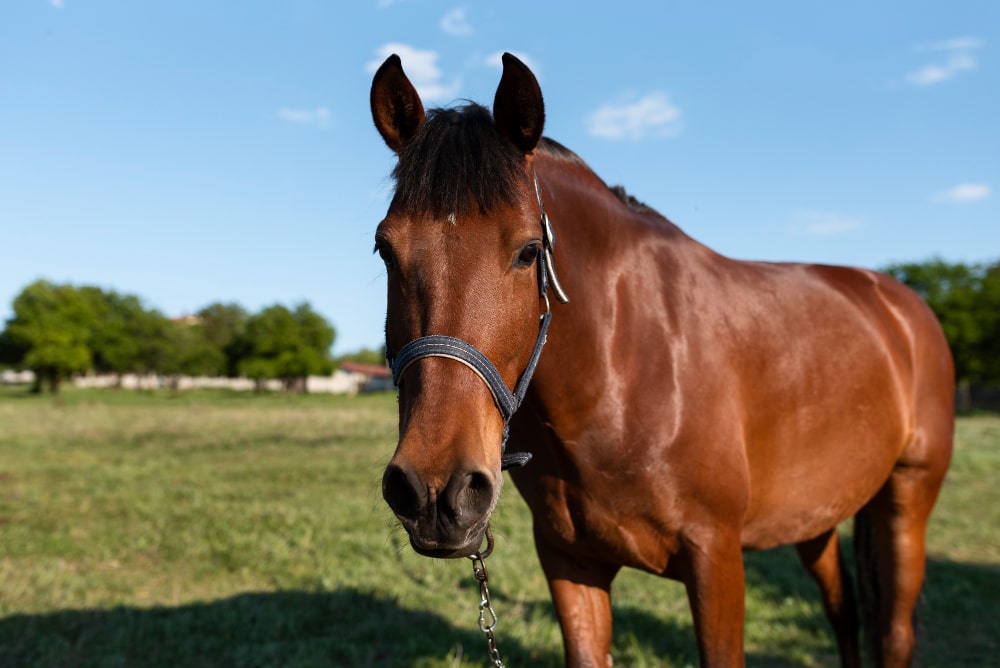
How To Keep Horses Off ...
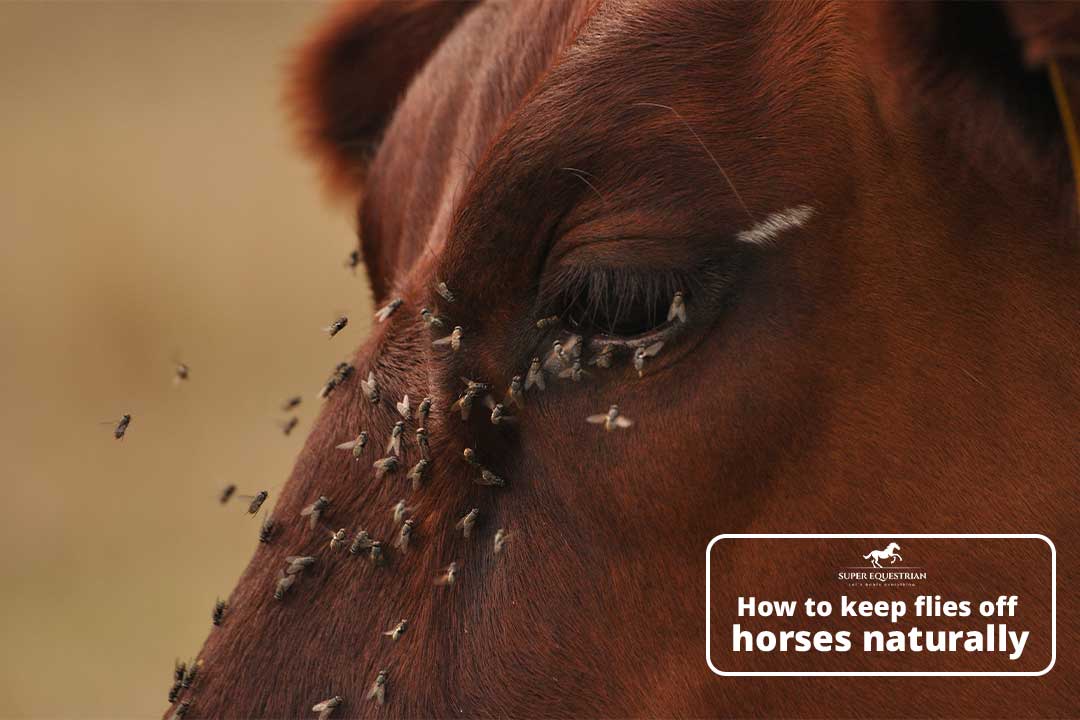
How to Keep Flies Off ...
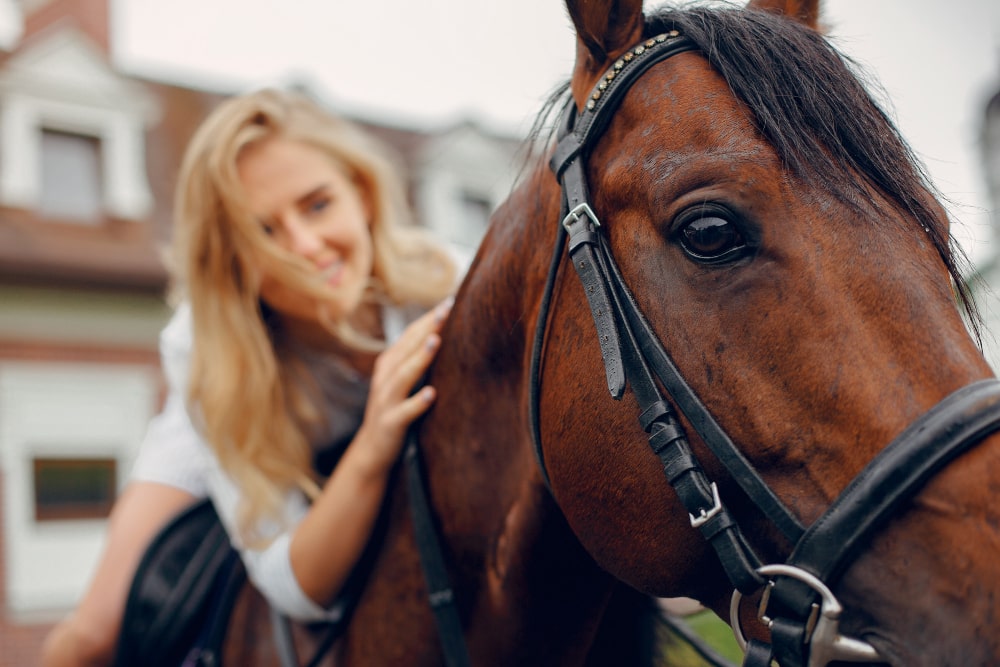
Pros and Cons Using A ...
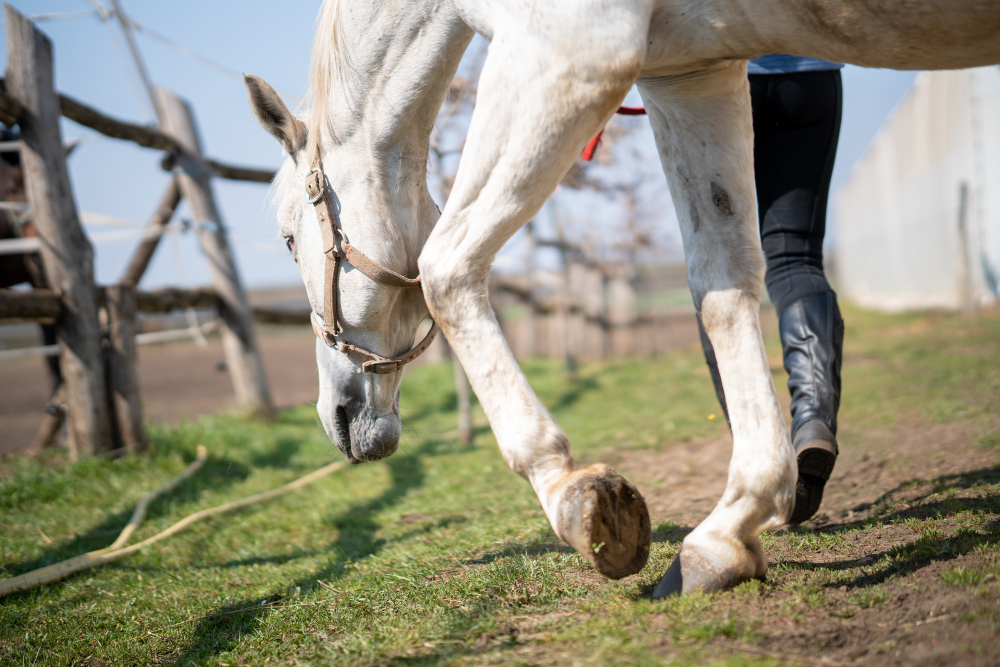
Can you ride a horse ...

Why are Corriente saddles so ...
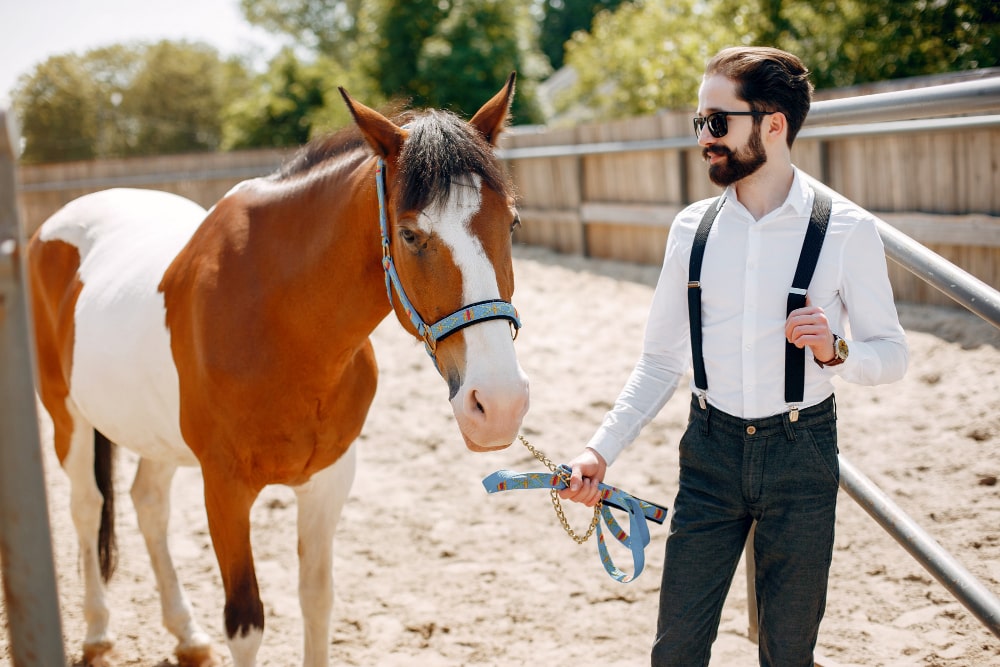
Pros and cons of equine ...
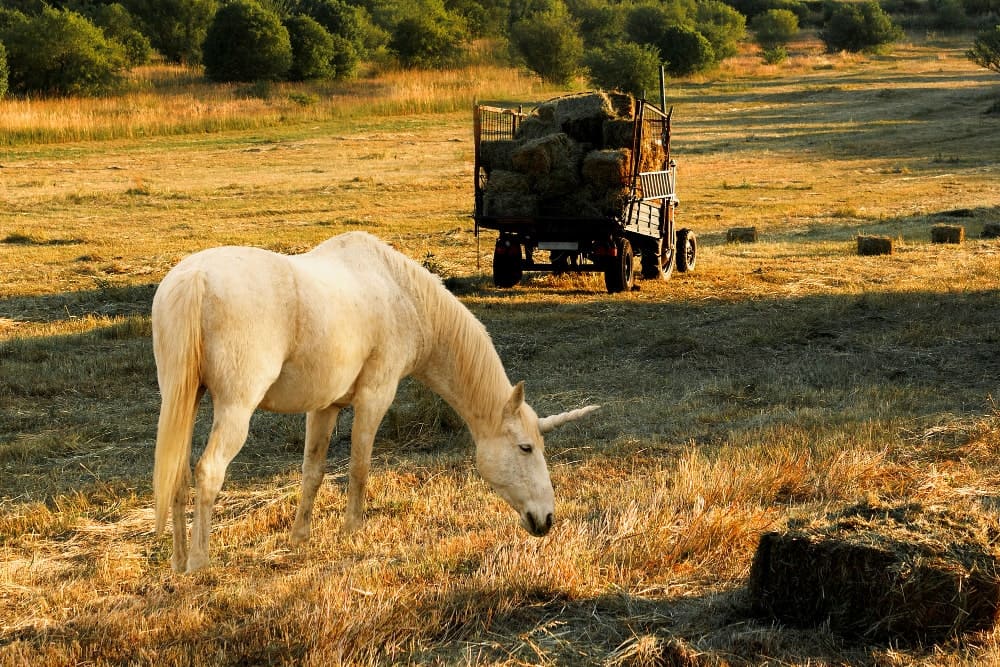
How Long After Mowing Can ...

How to Care for a ...
.jpg)
Why Do Horses Wear Blinders: ...
.jpg)
How to fit an exercise ...

Why is my horse bucking ...
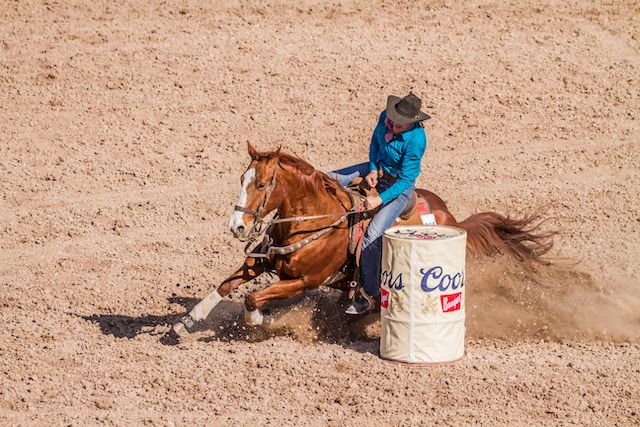
What causes a horse to ...
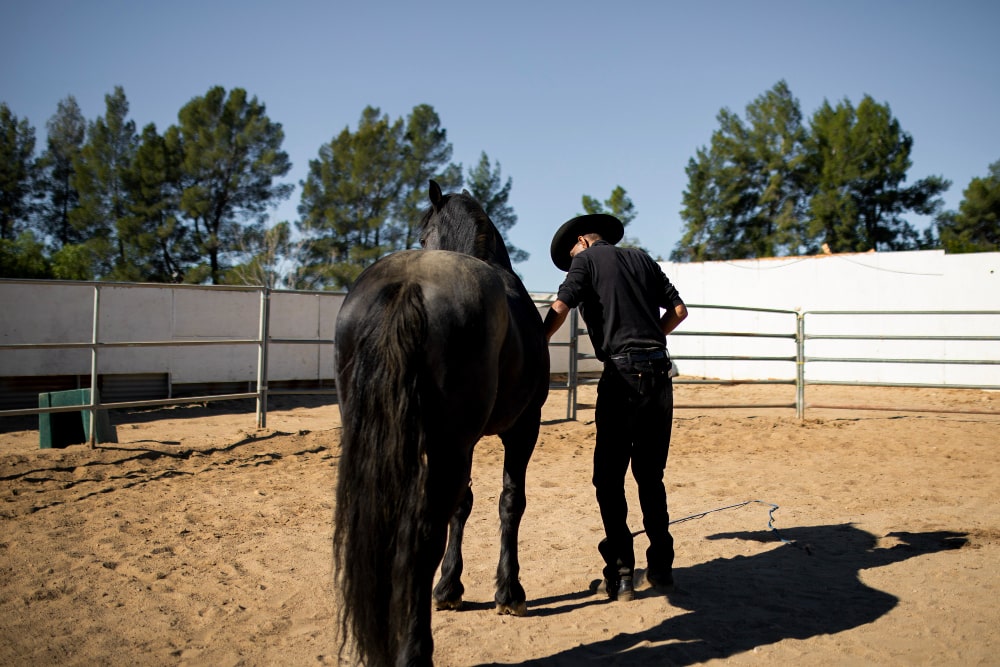
How to Stop a Horse ...
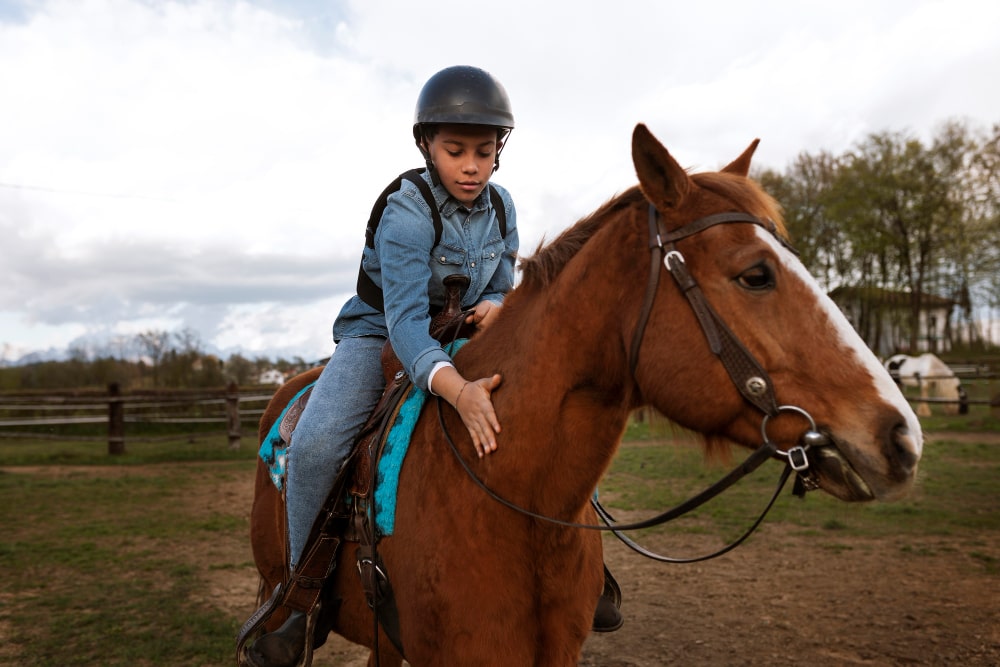
Why Is My Horse Bunny ...
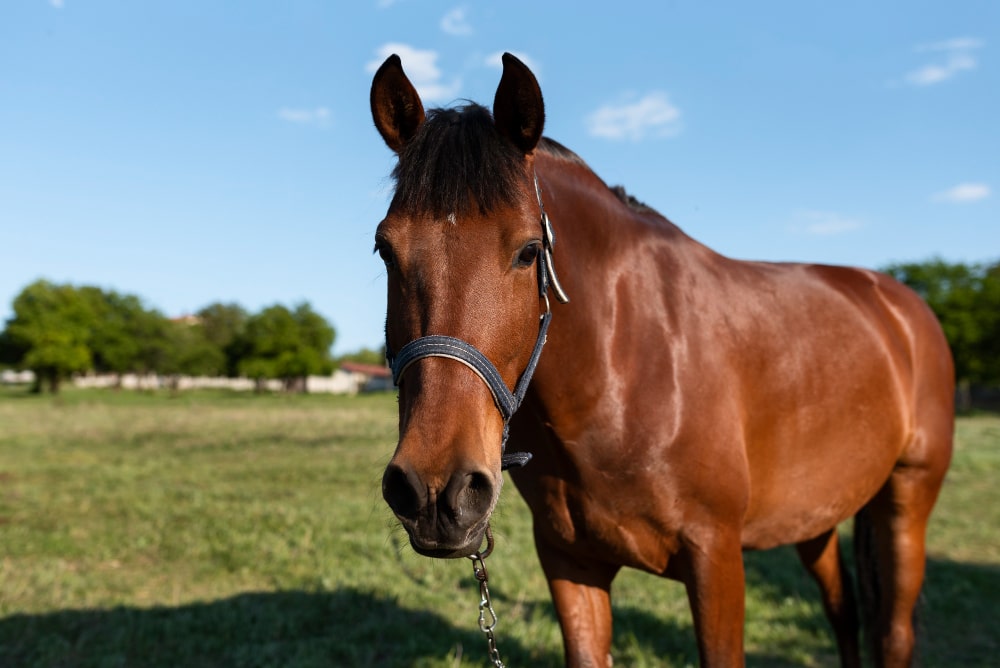
How To Improve Pasture For ...
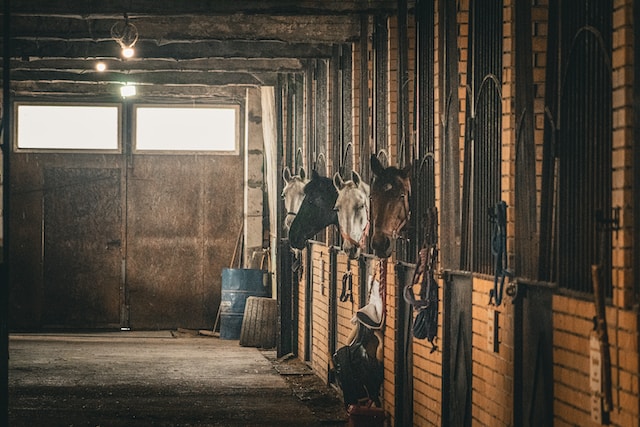
How to get the smell ...

Can you add ramp to ...

What Is The Temperament Of ...
.jpg)
Why Is Friesian Horse Hair ...
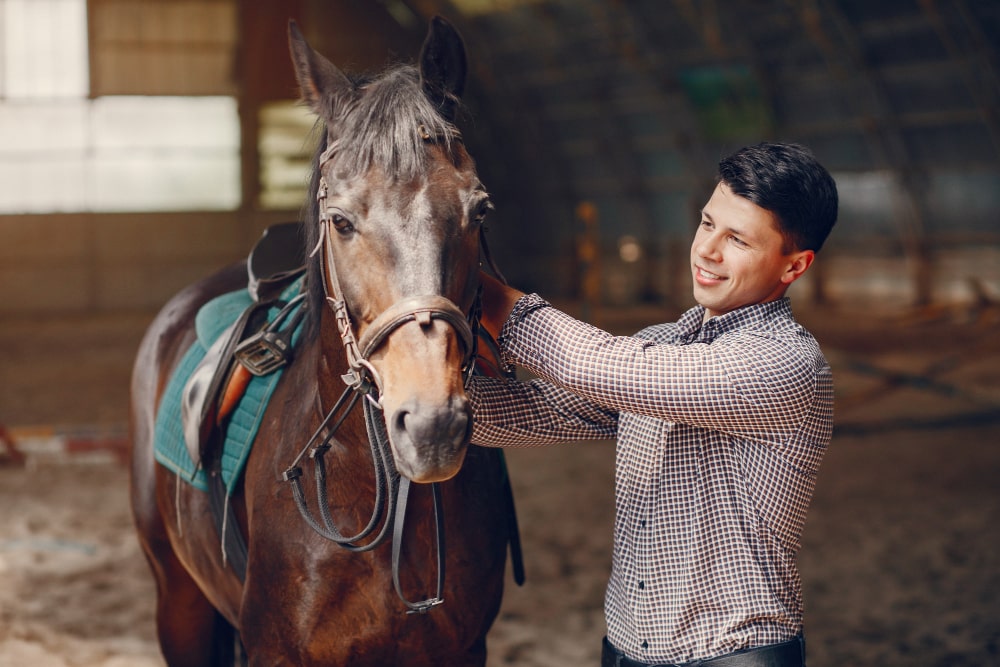
Why is my horse testing ...
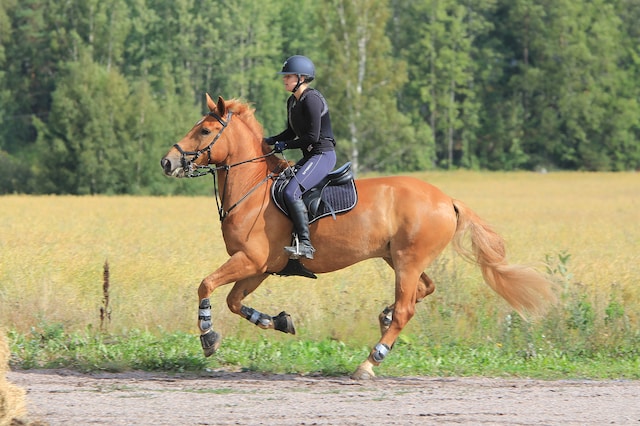
How often you should take ...
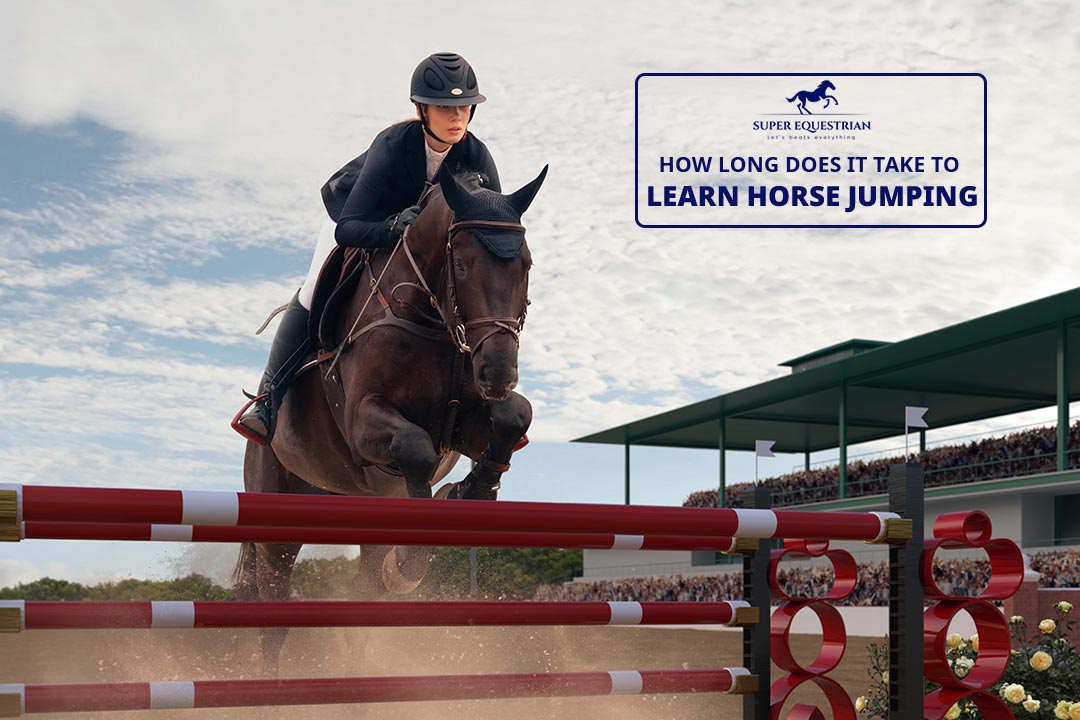
How long does it take ...
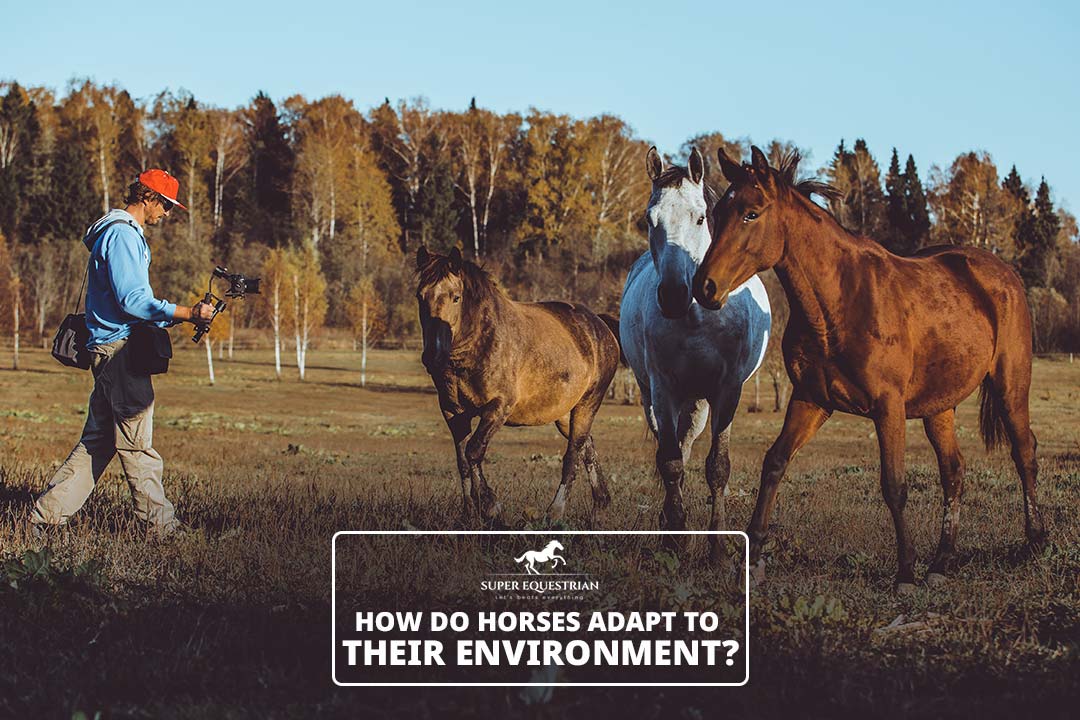
How do horses adapt to ...

How To Prepare For A ...
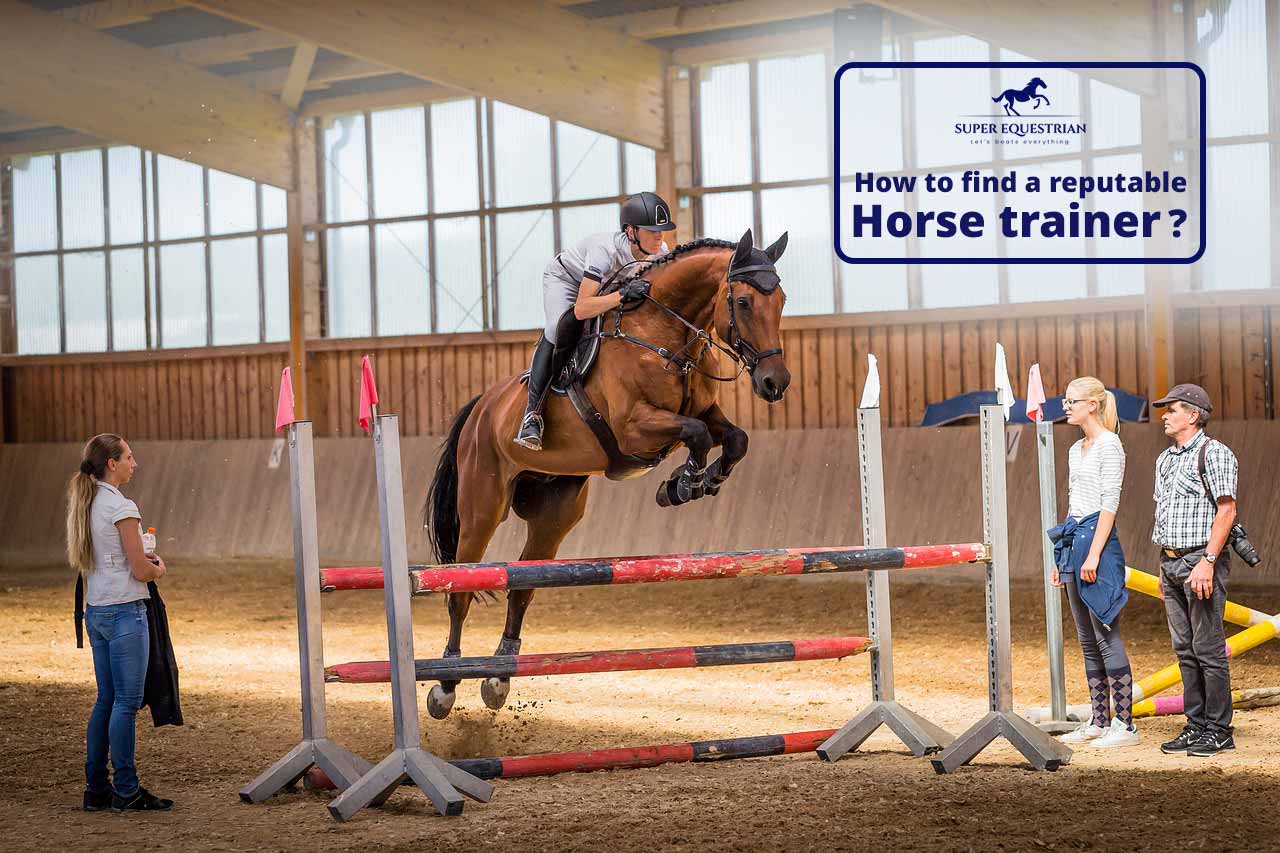
How To Find A Reputable ...
.jpg)
Do Horses Get Medals at ...

How to create a horse-...